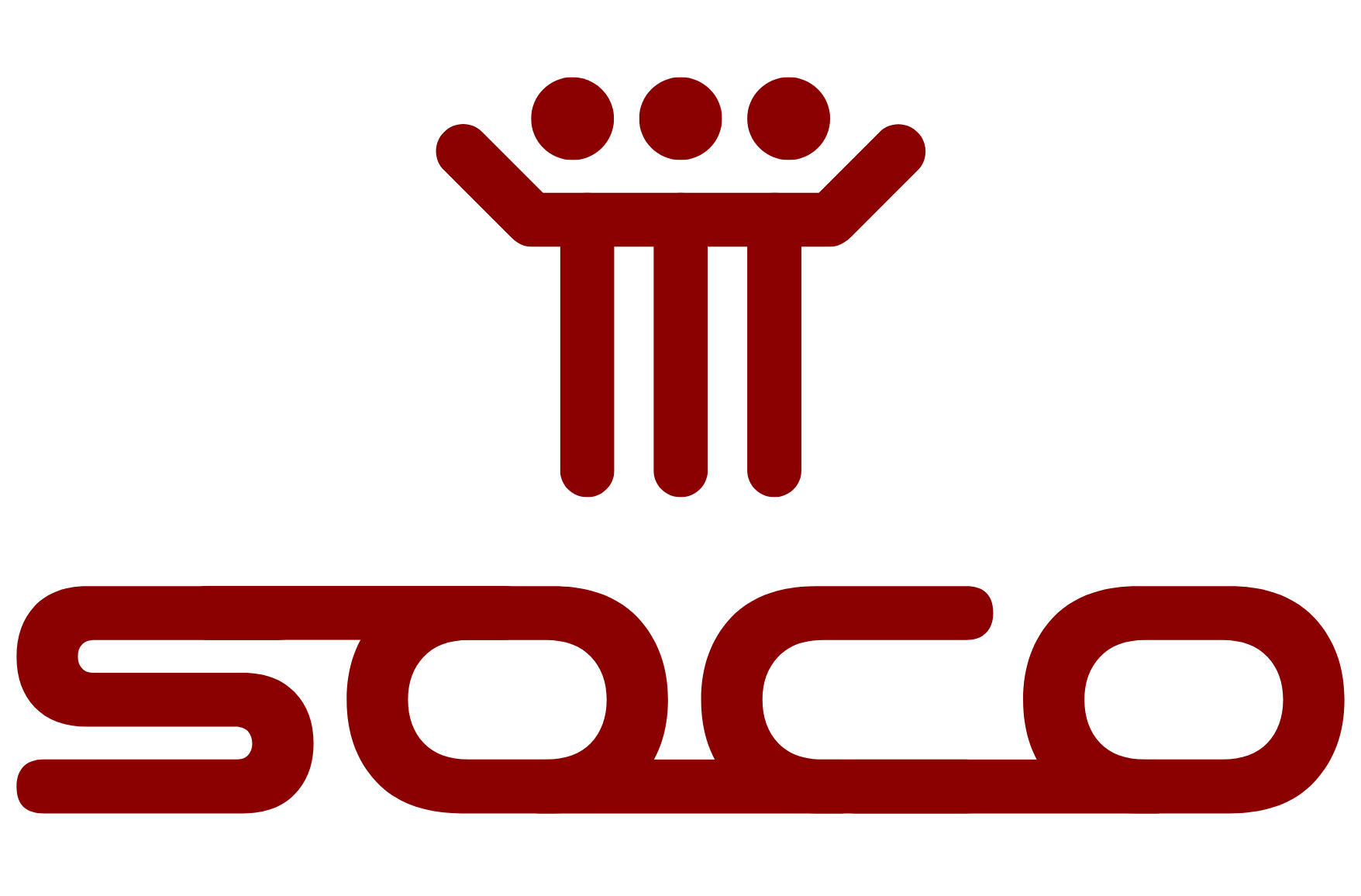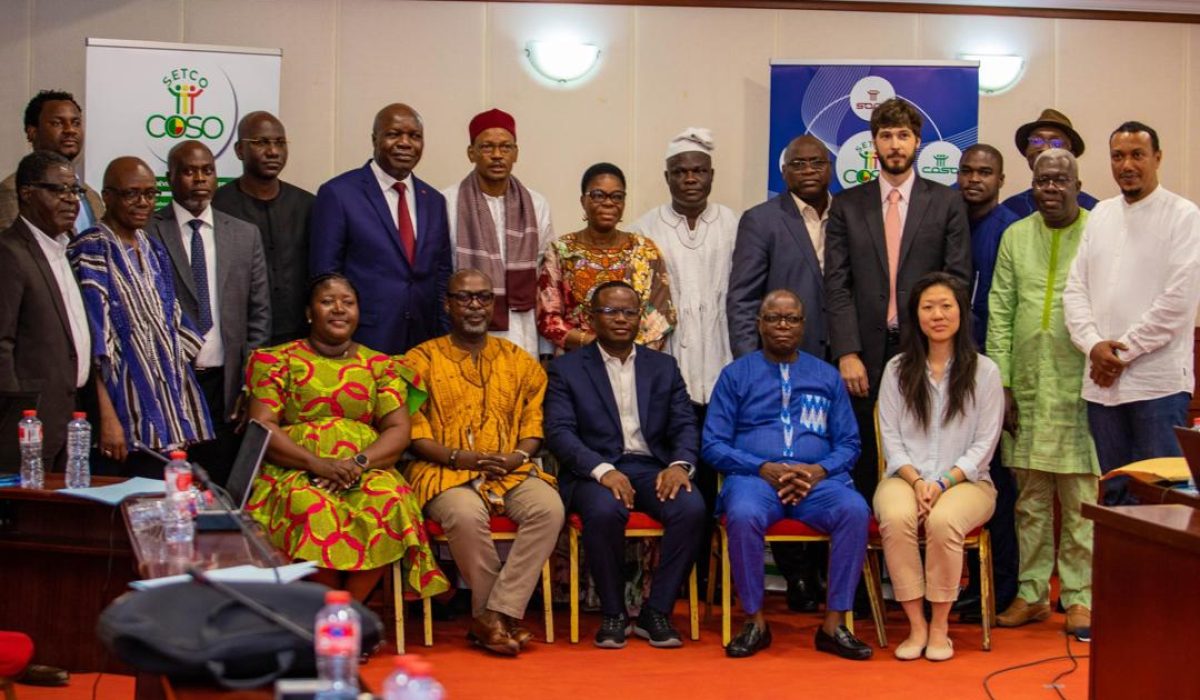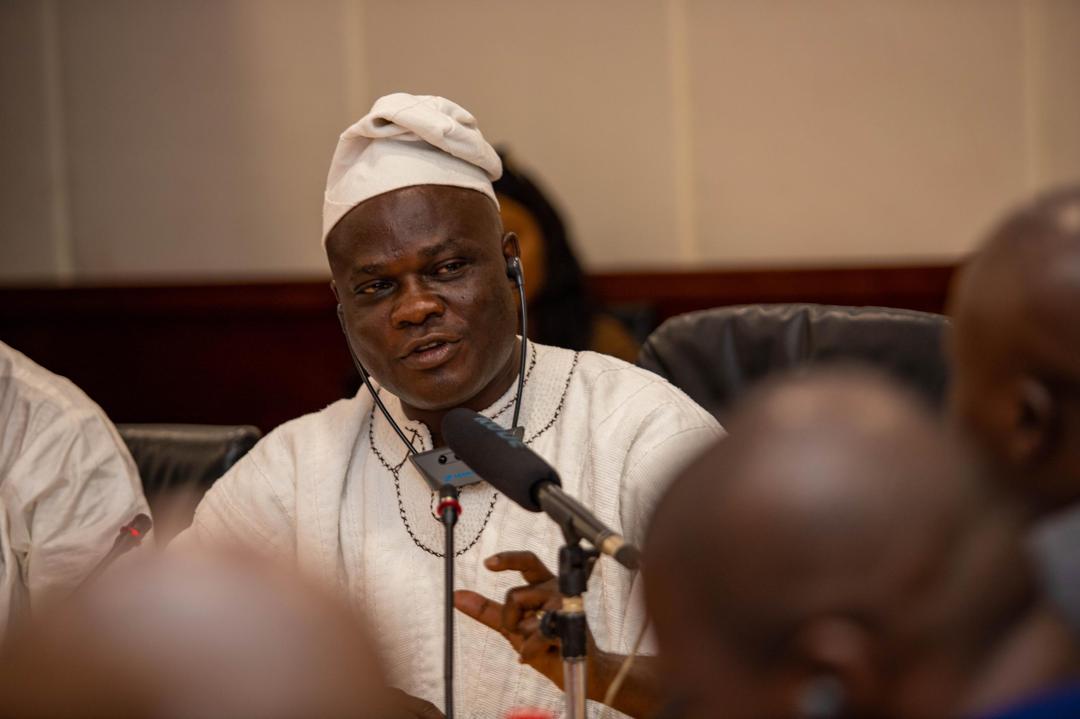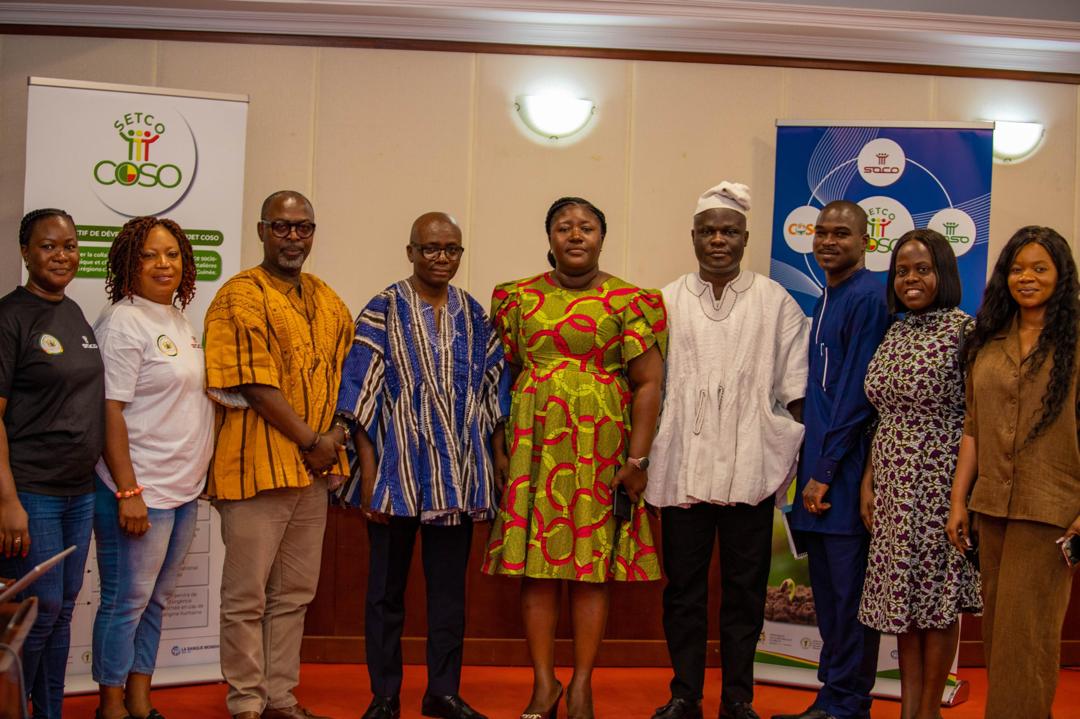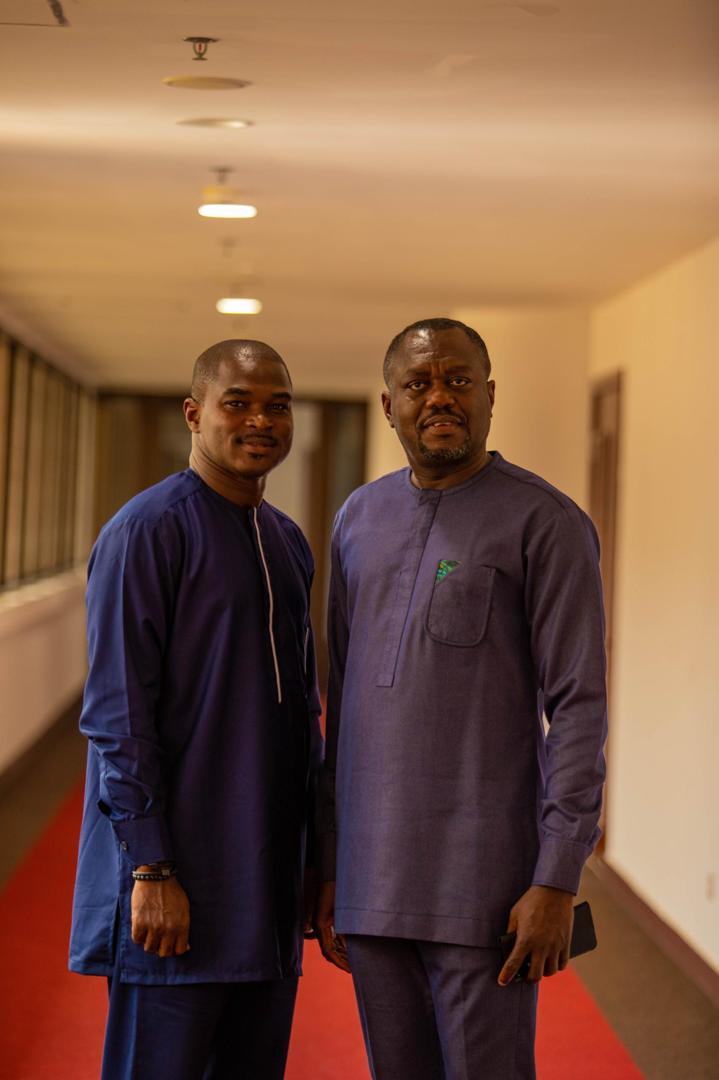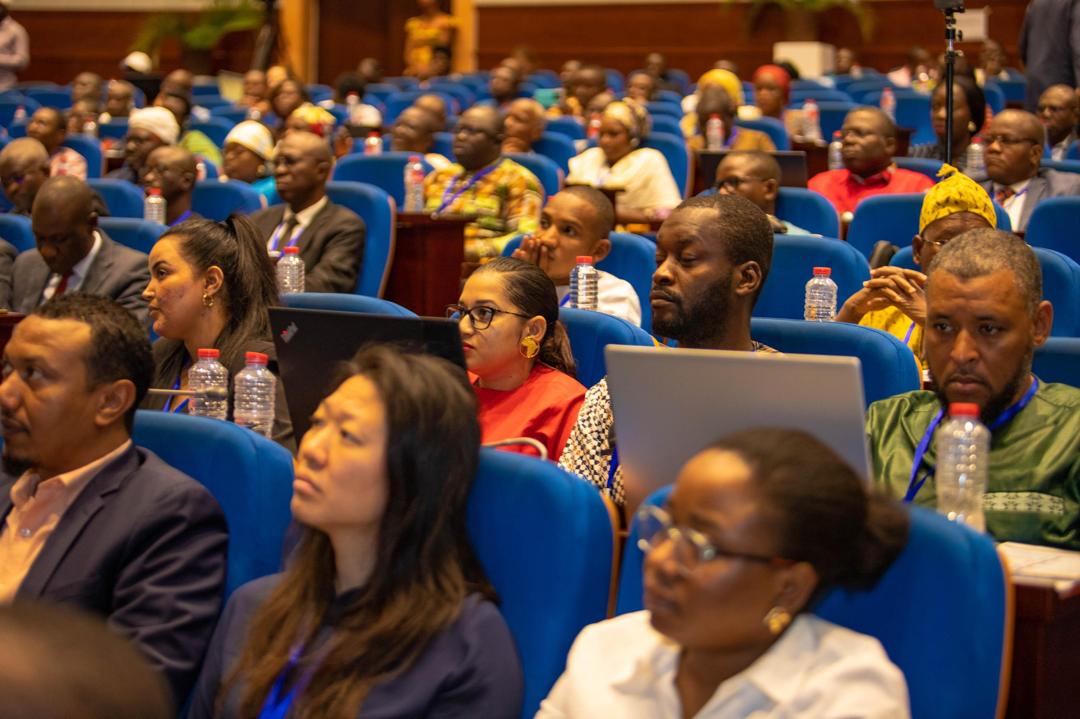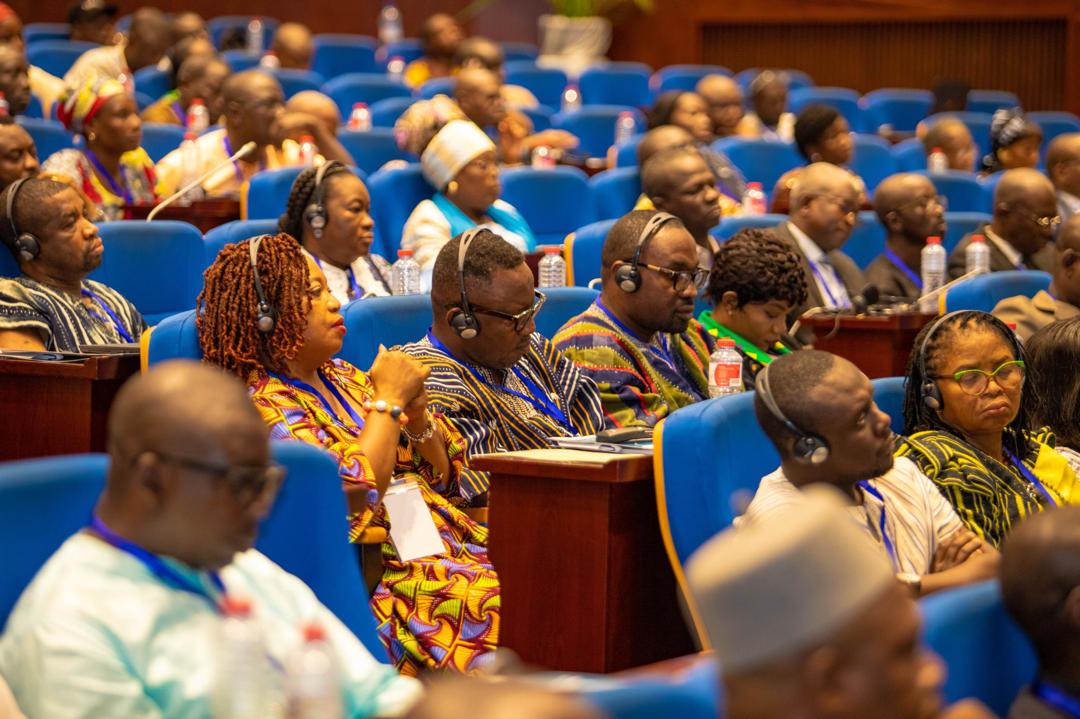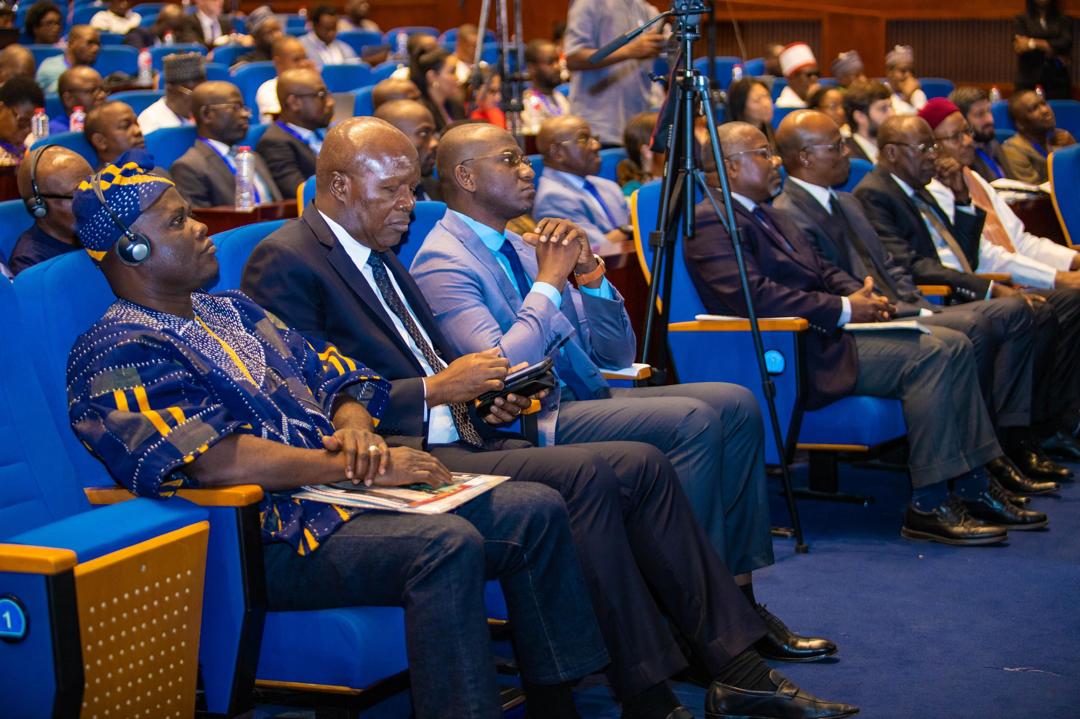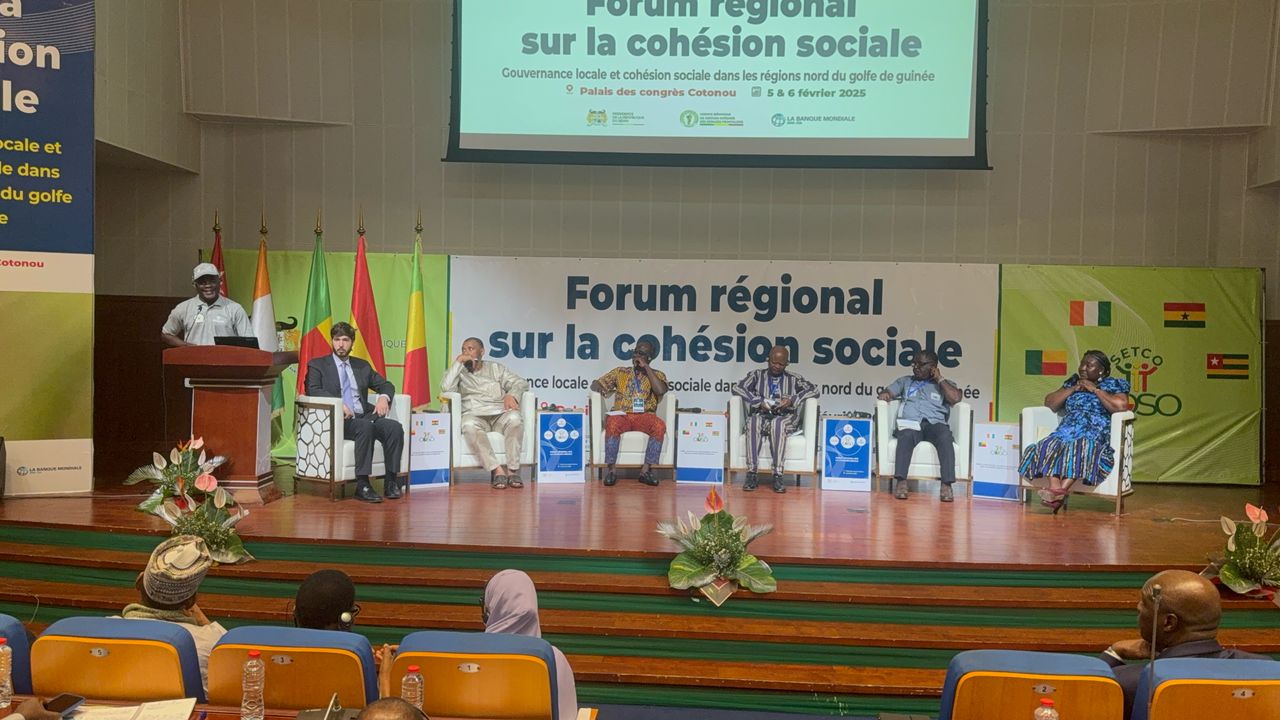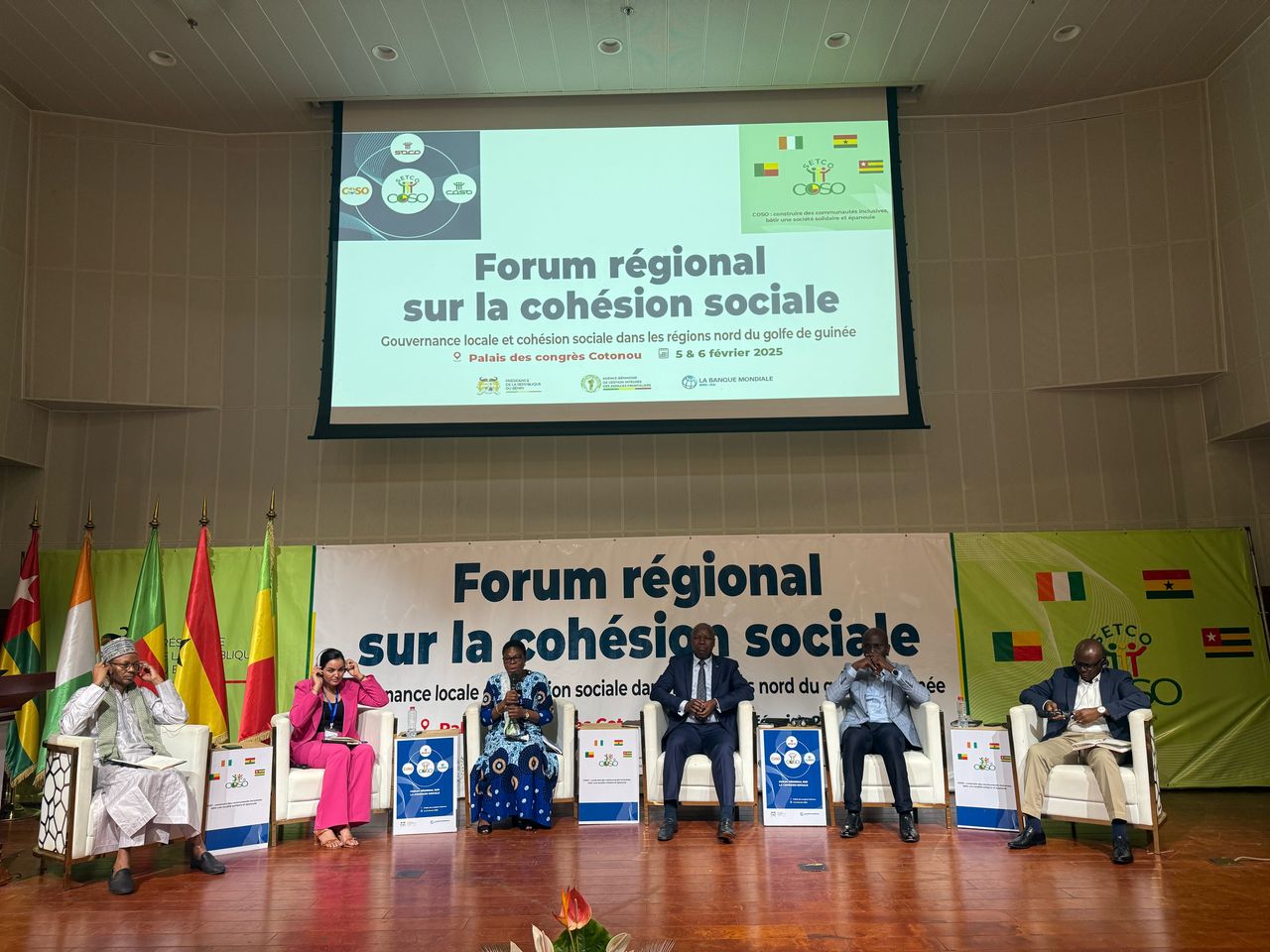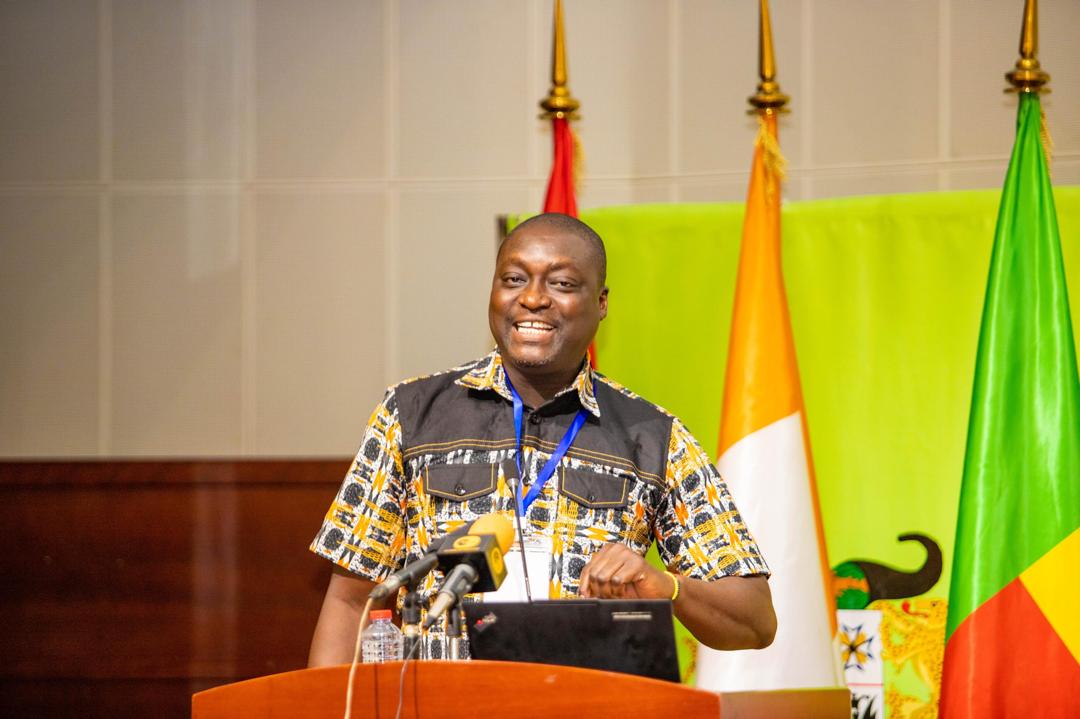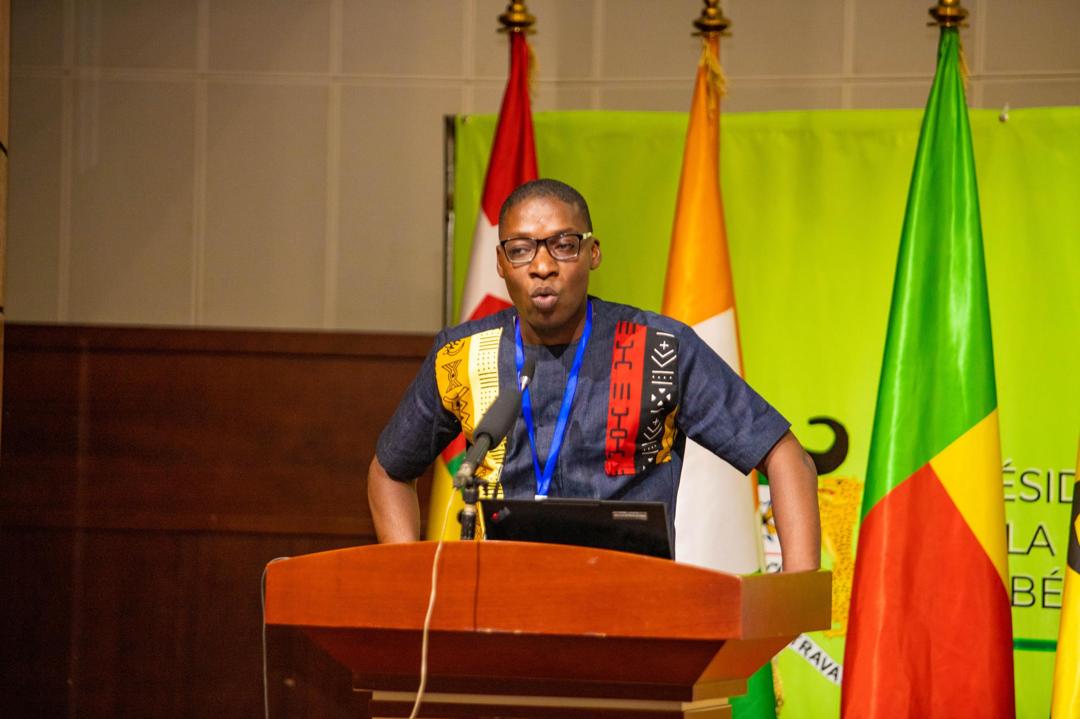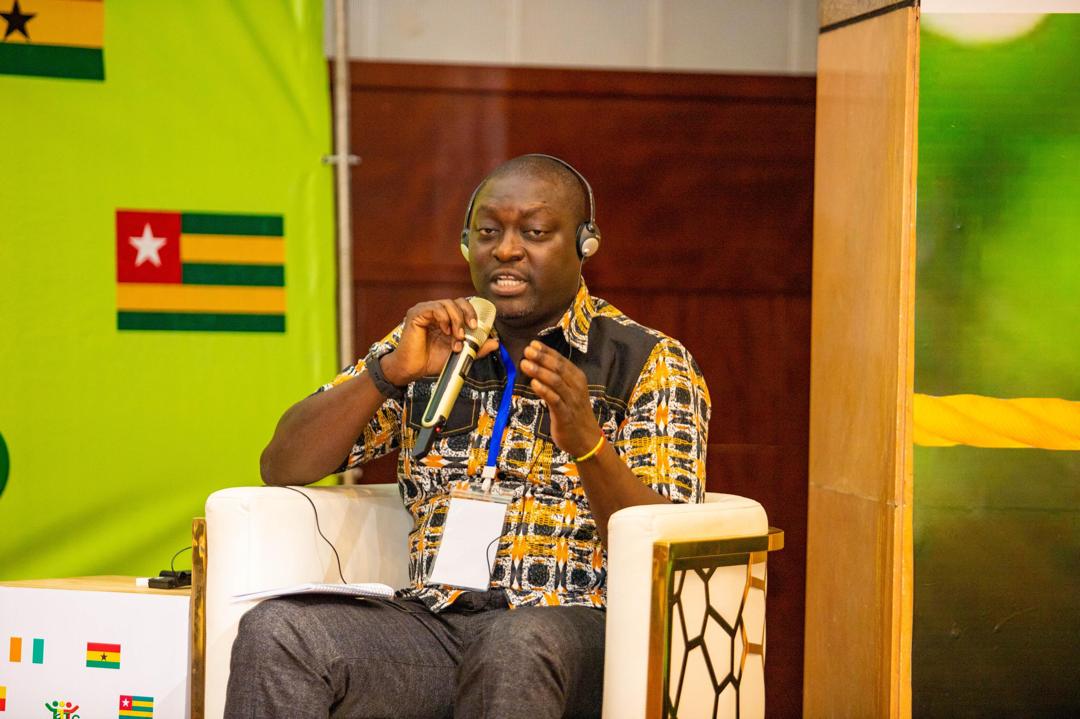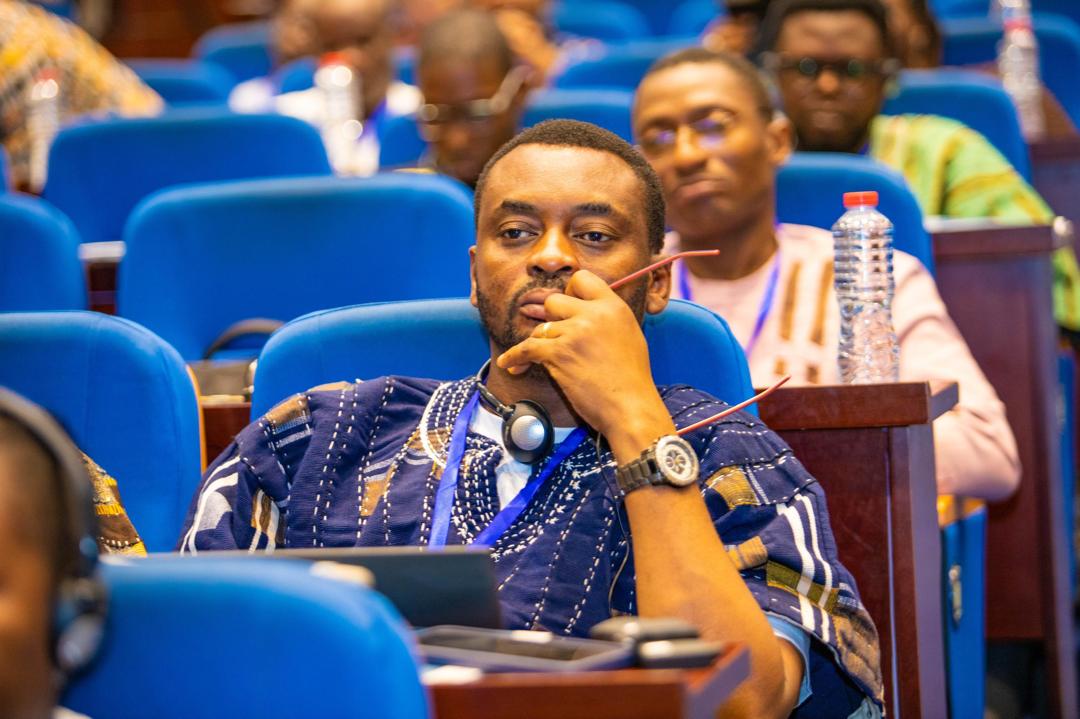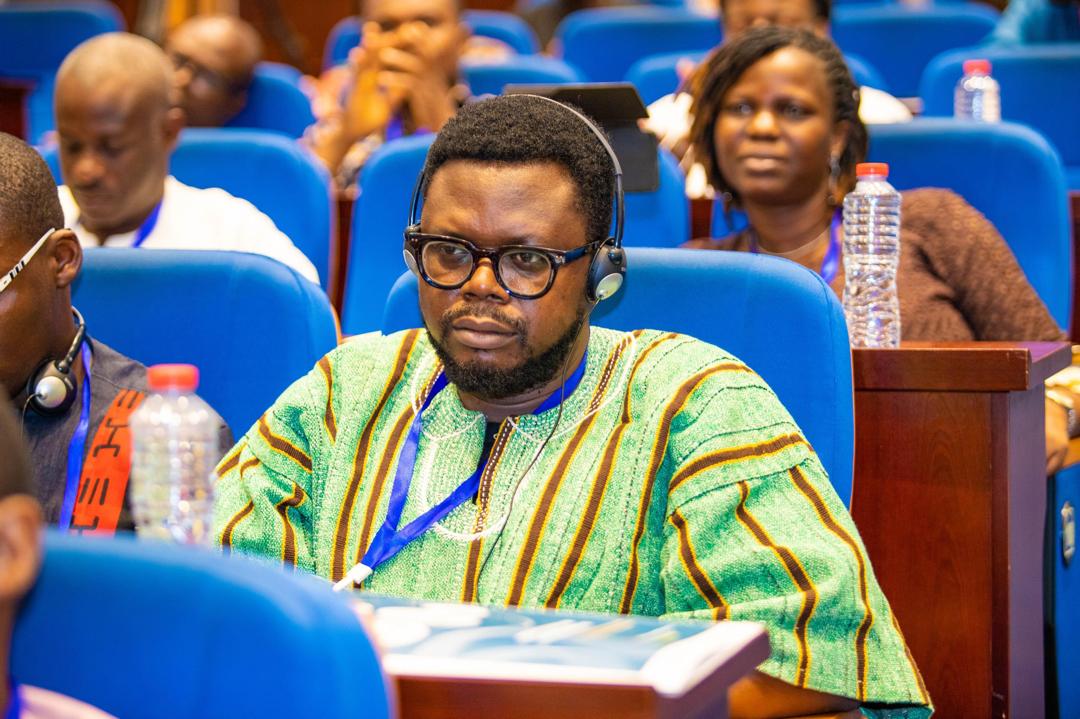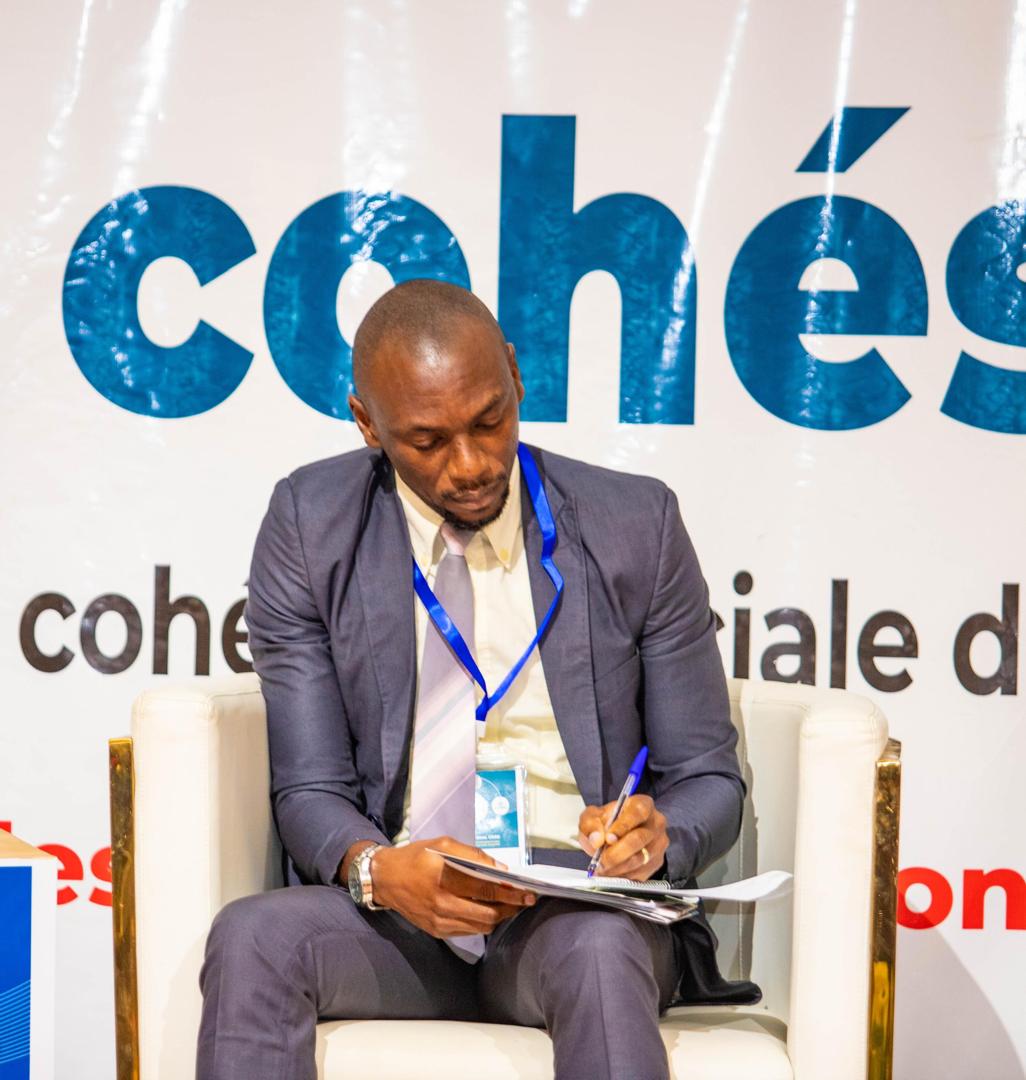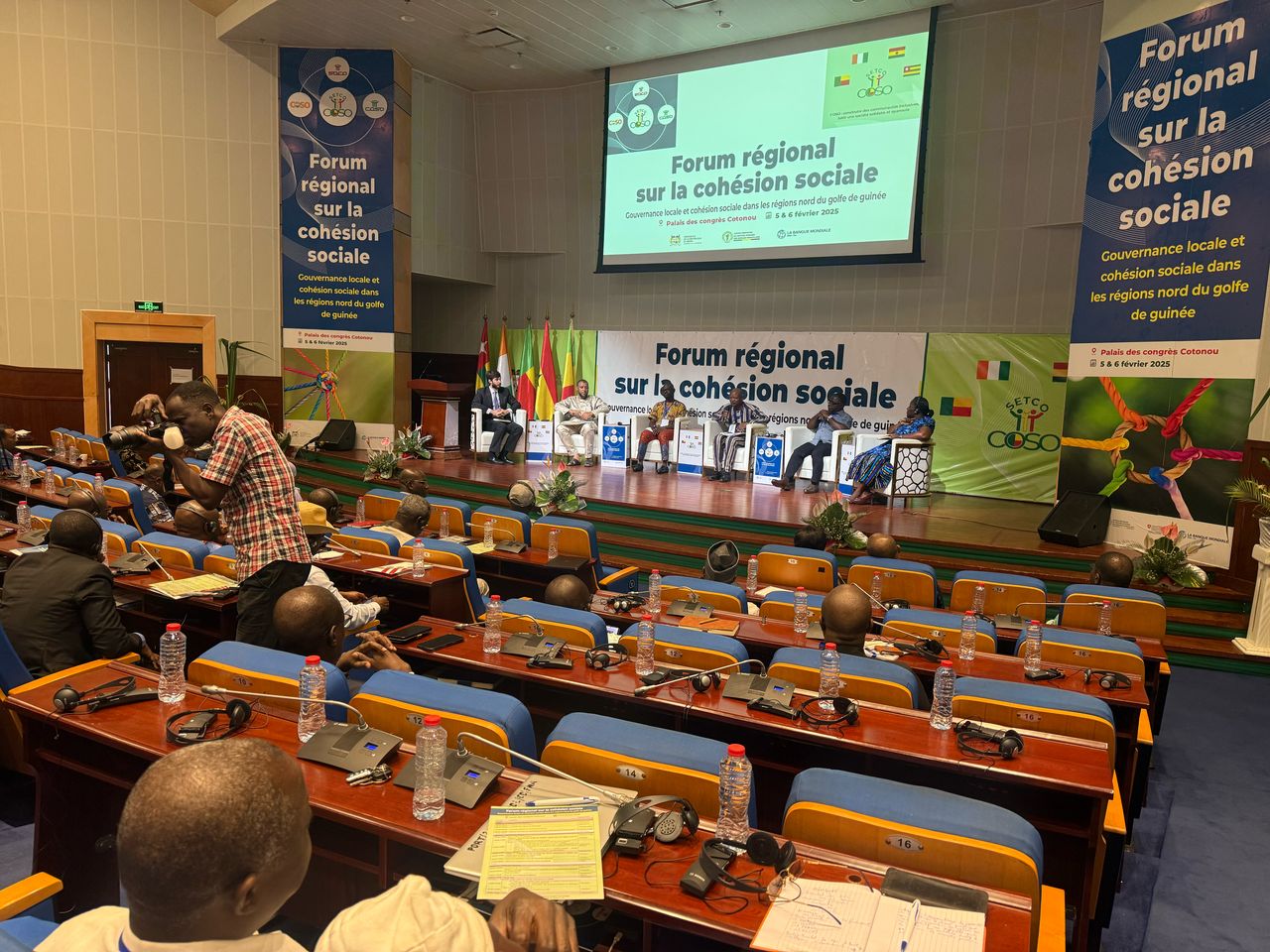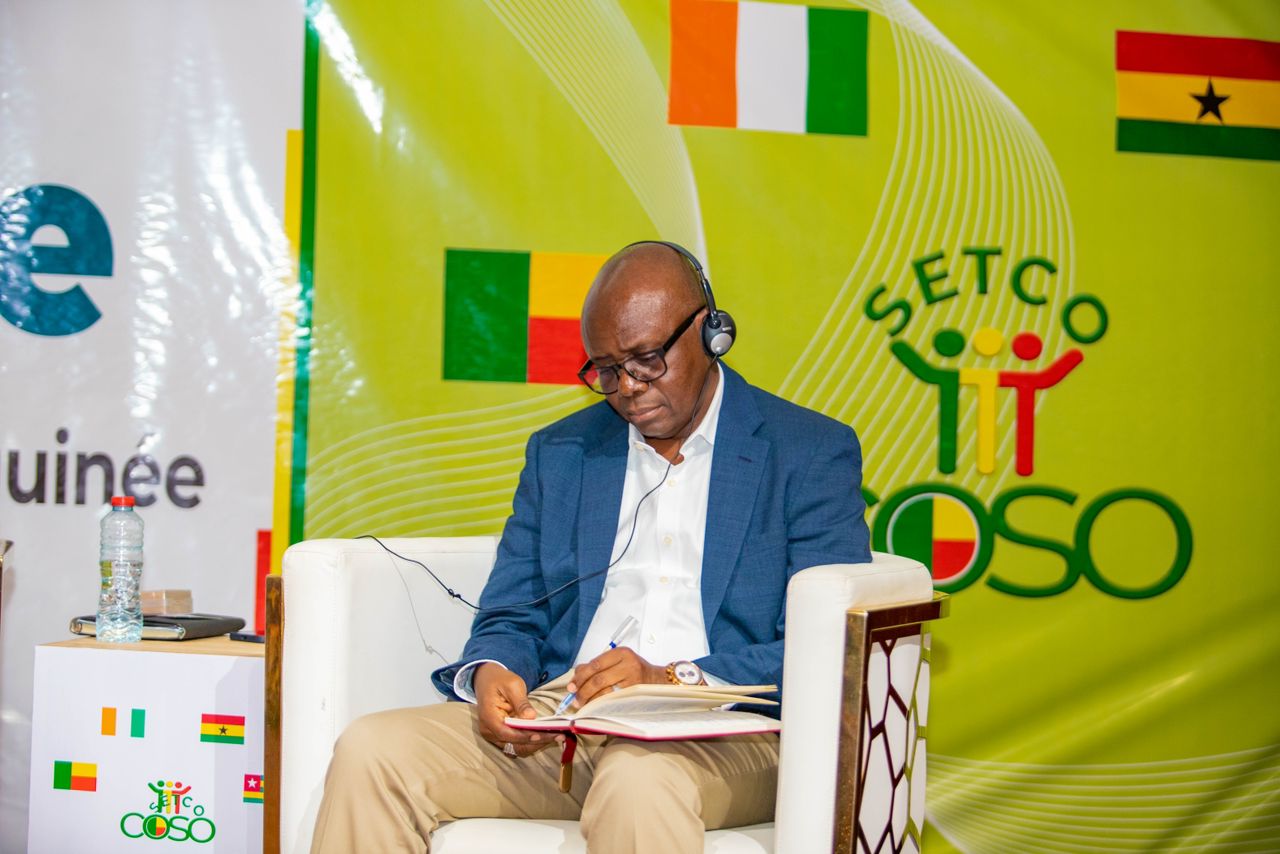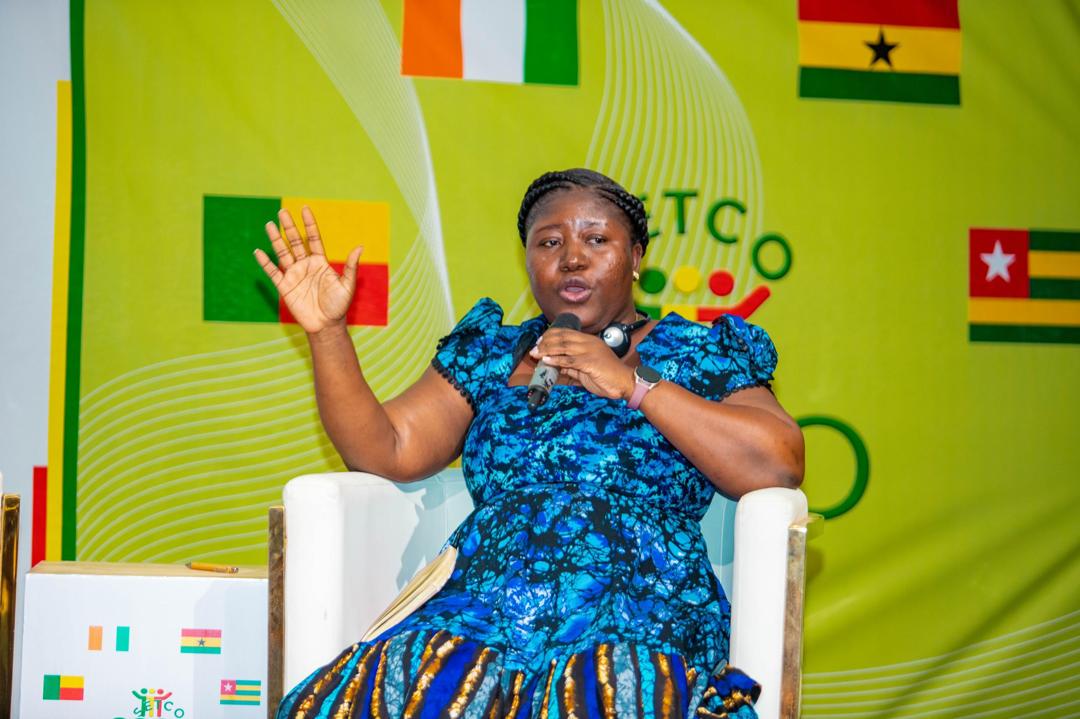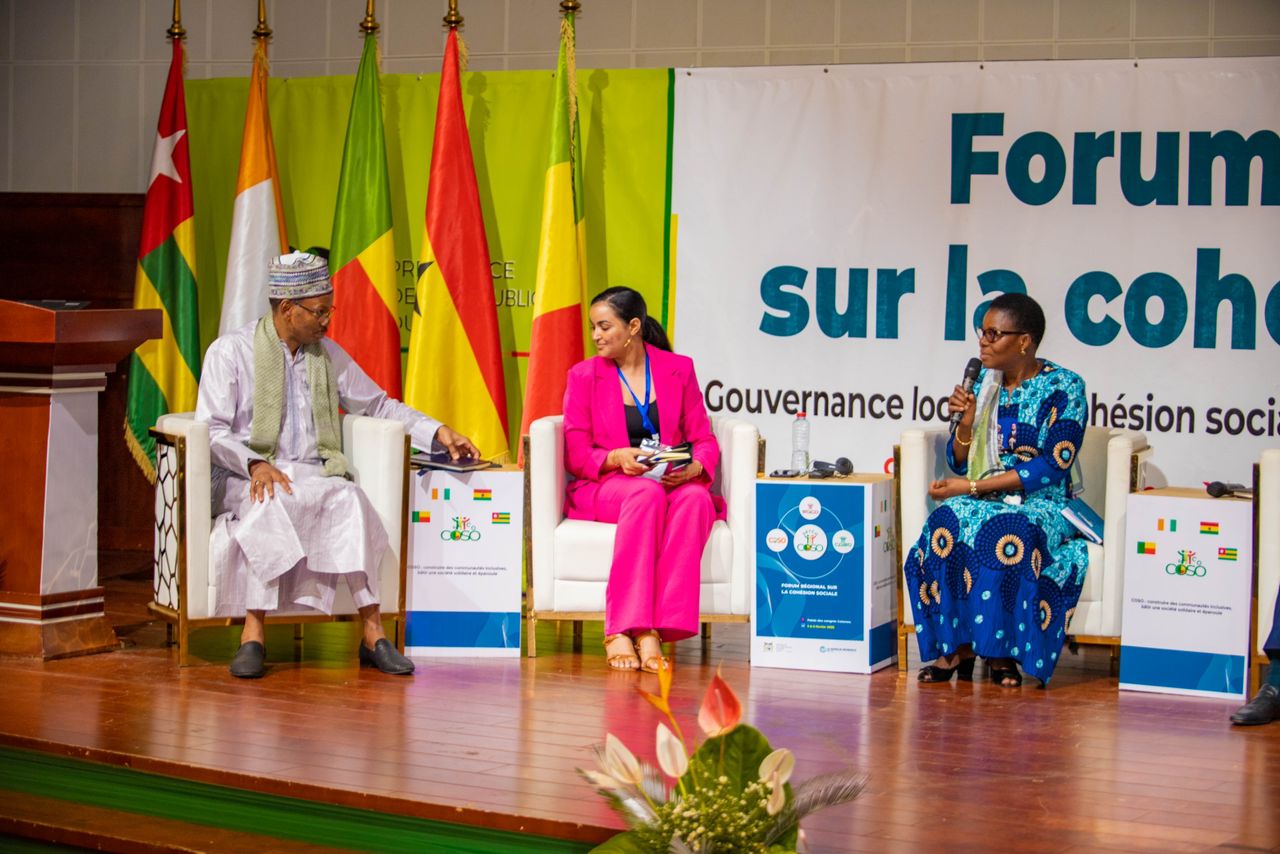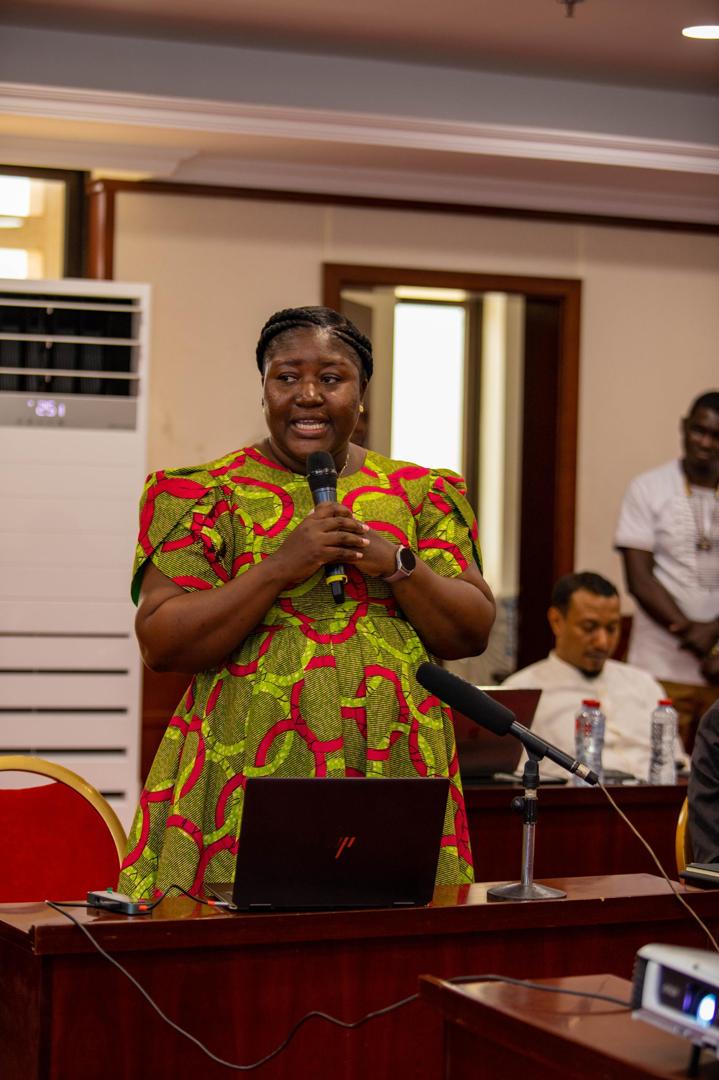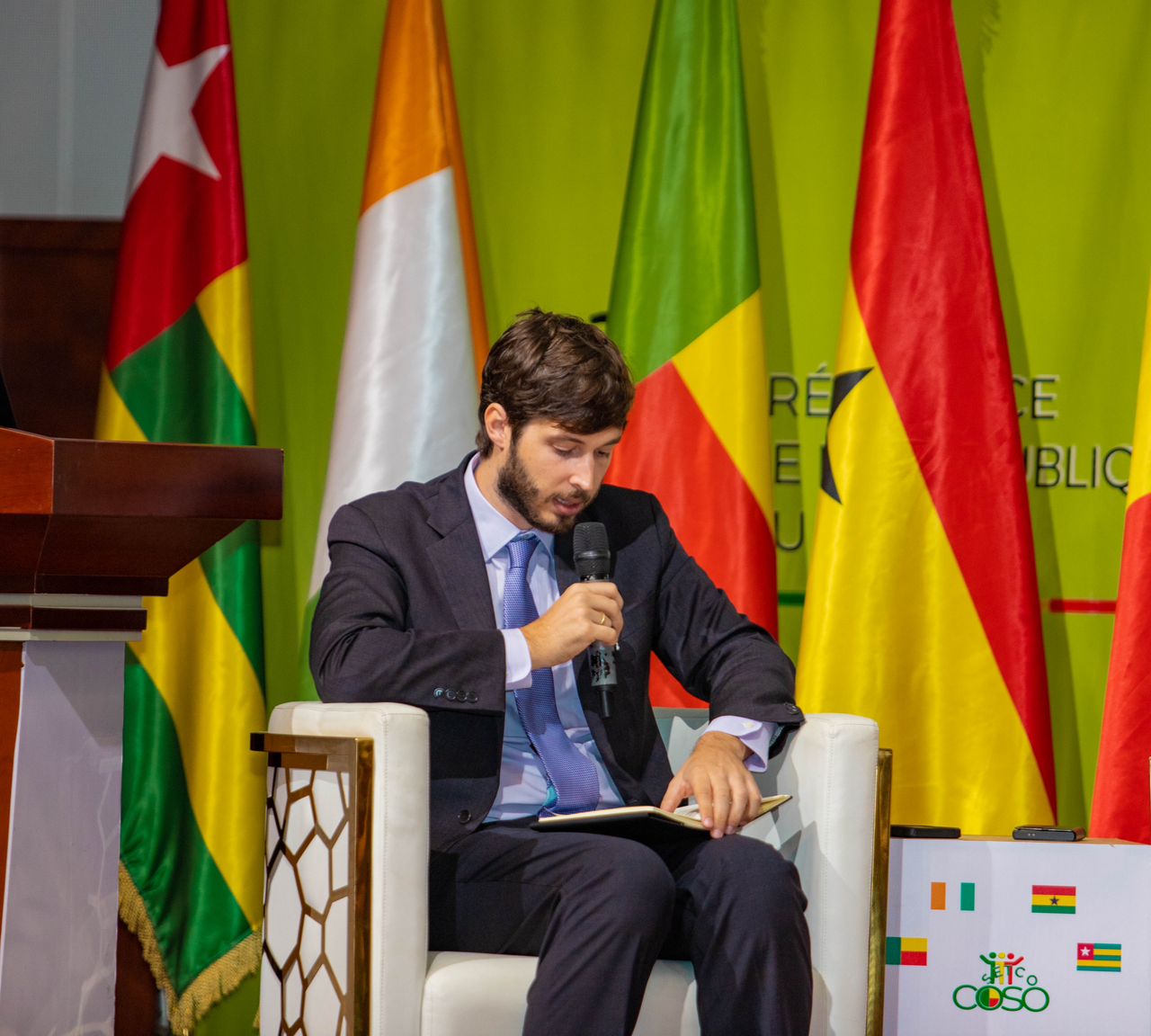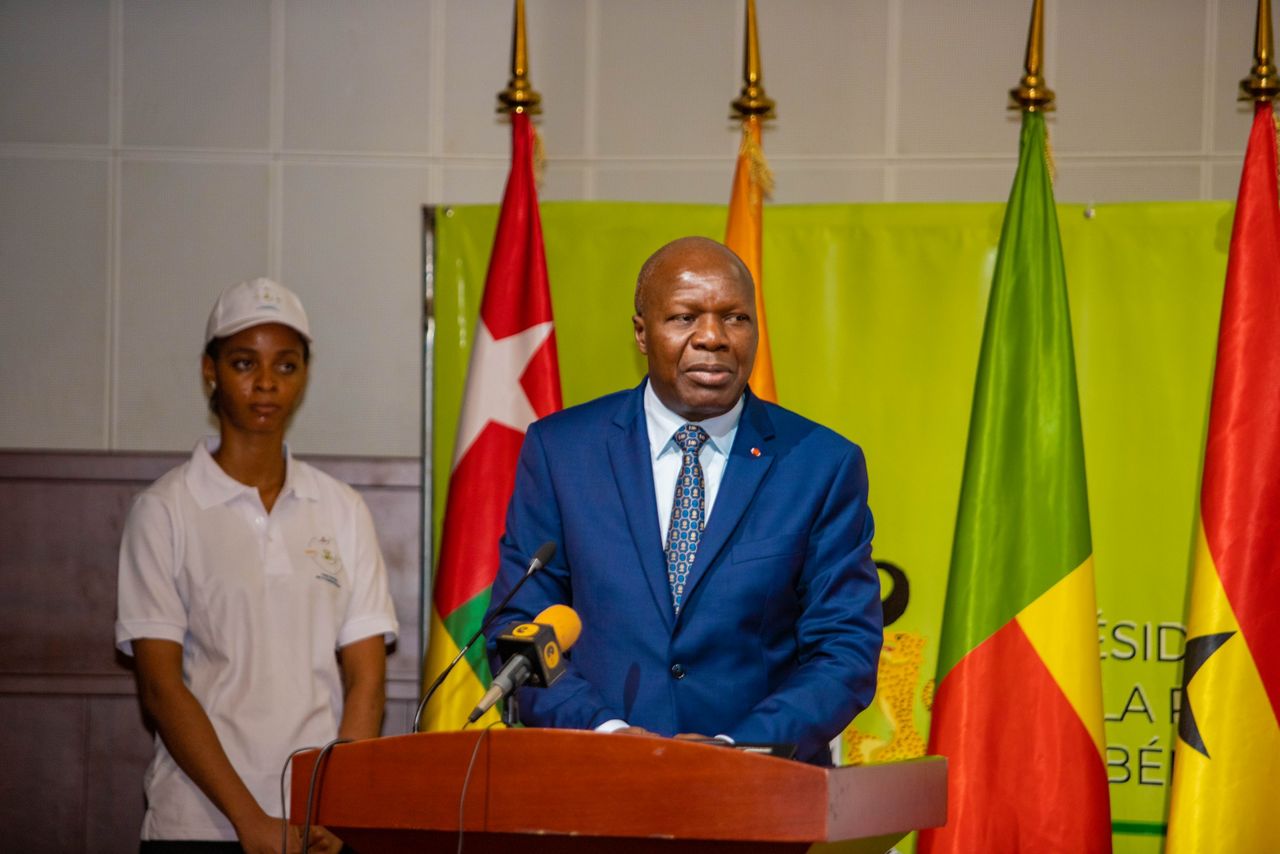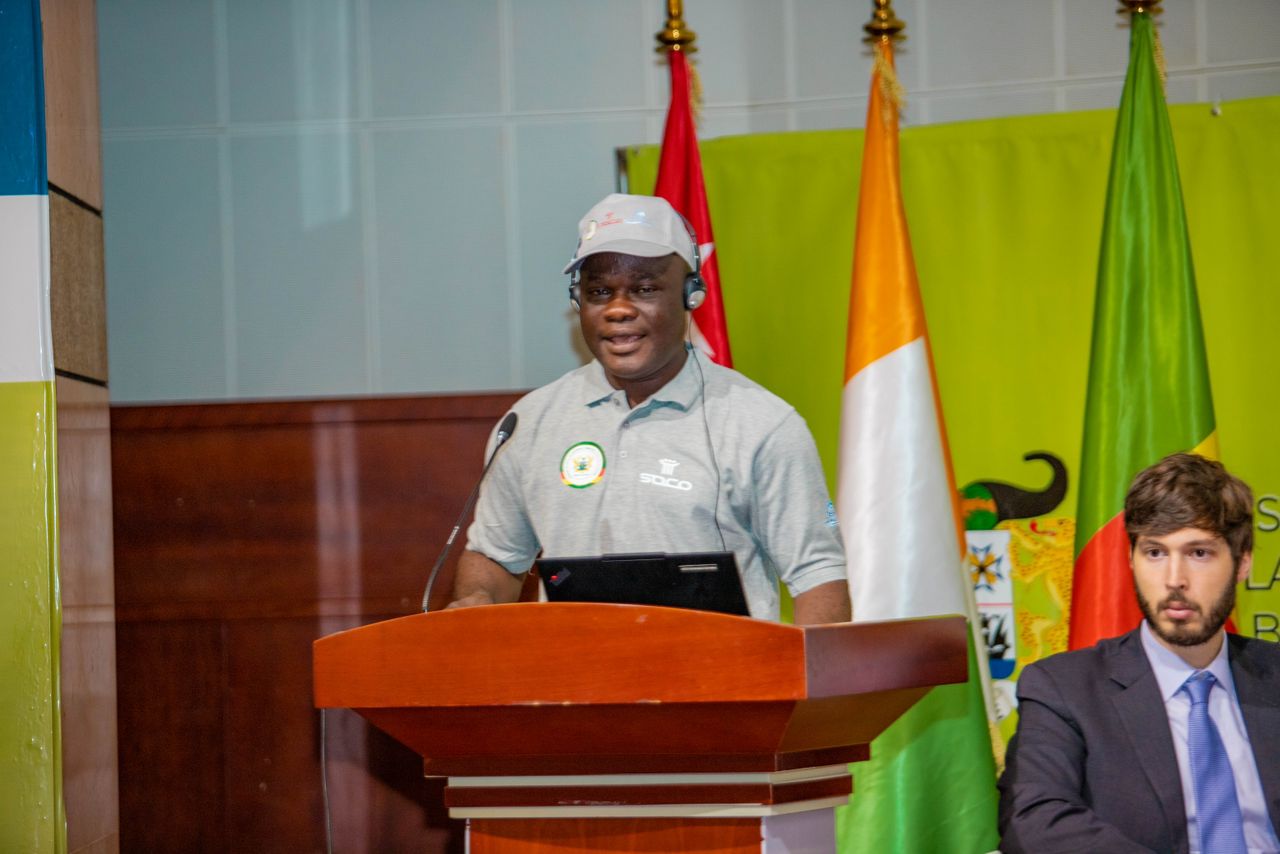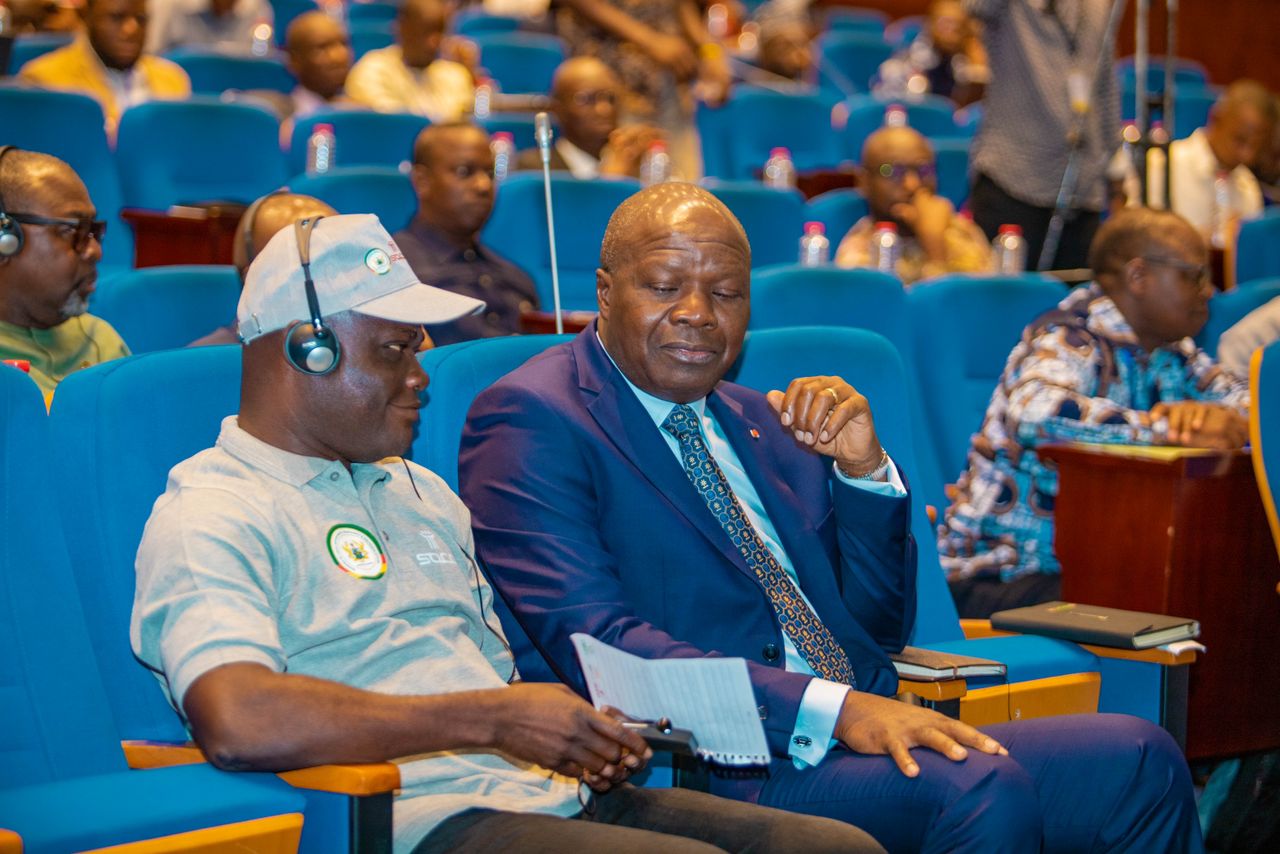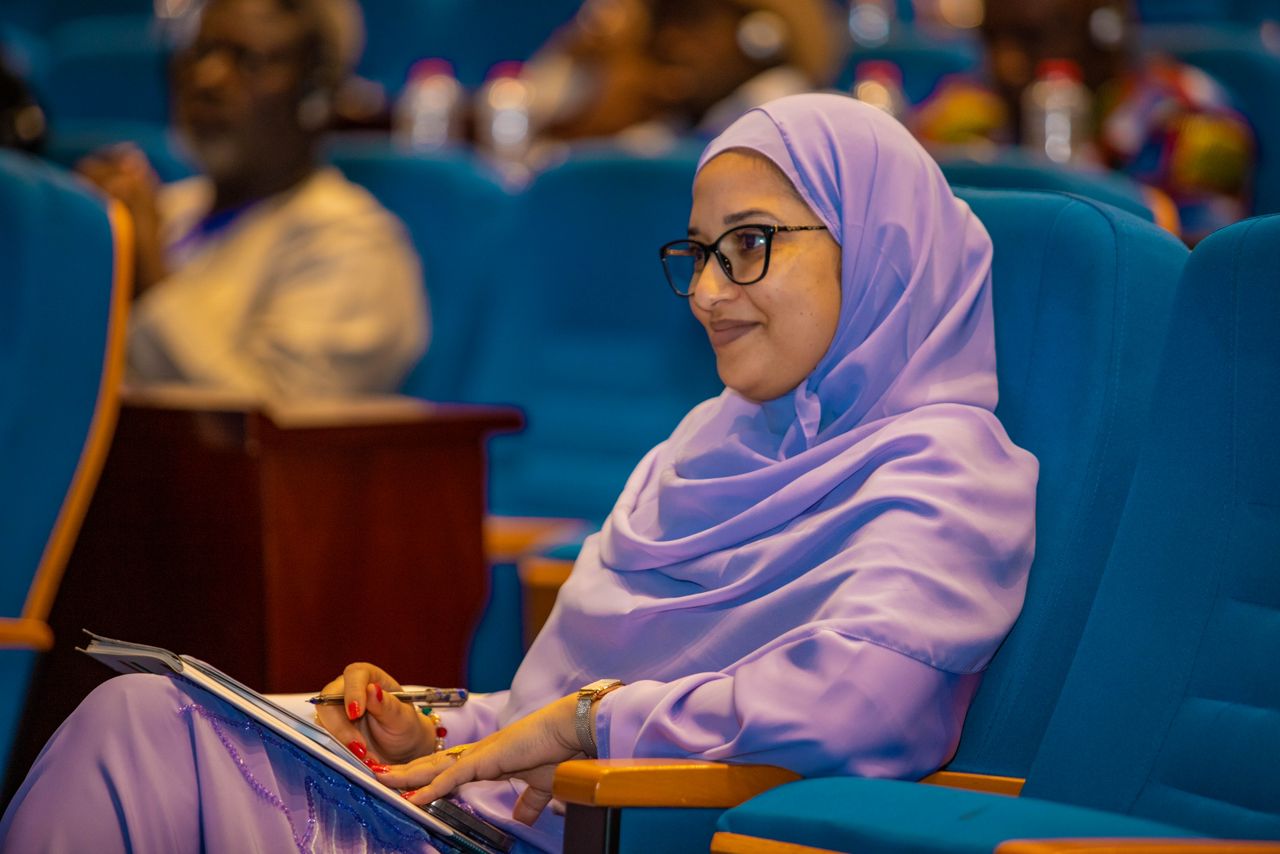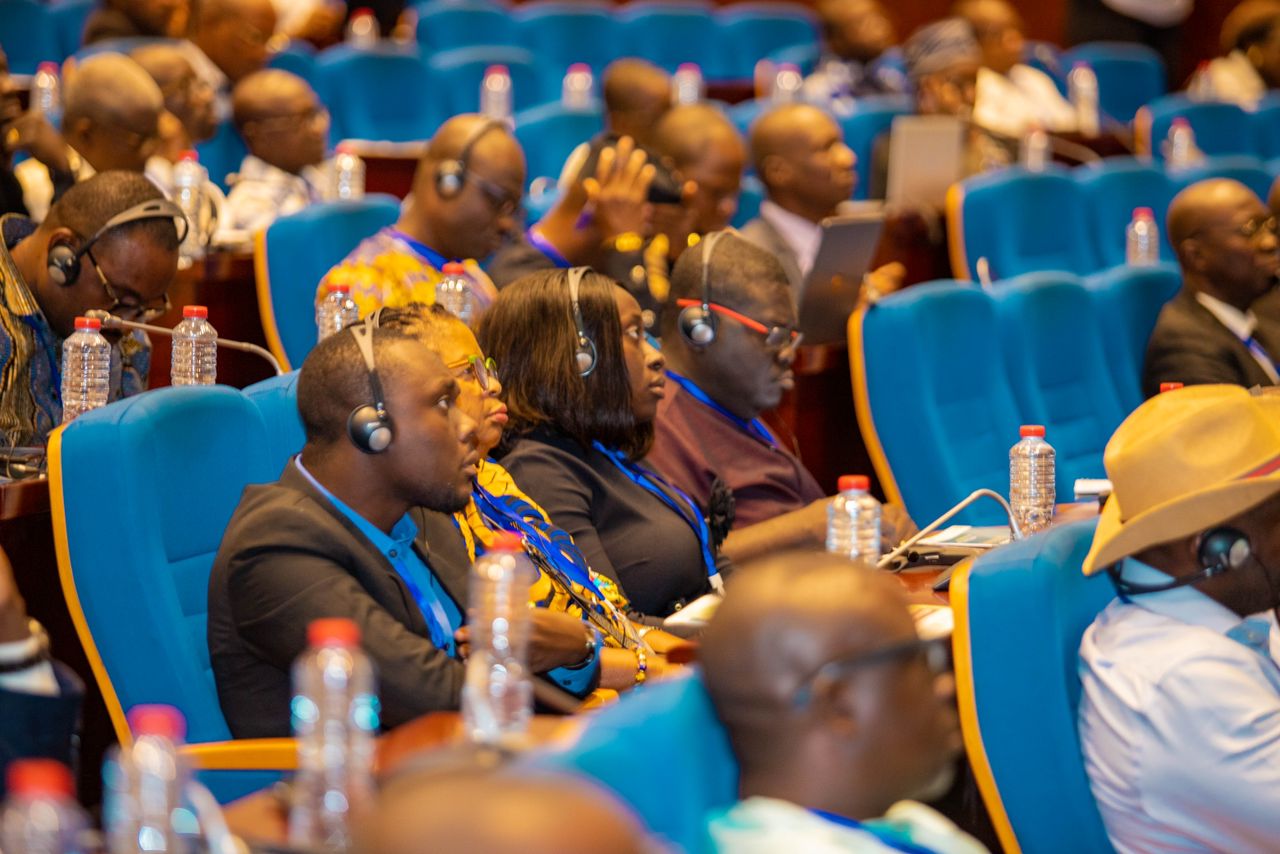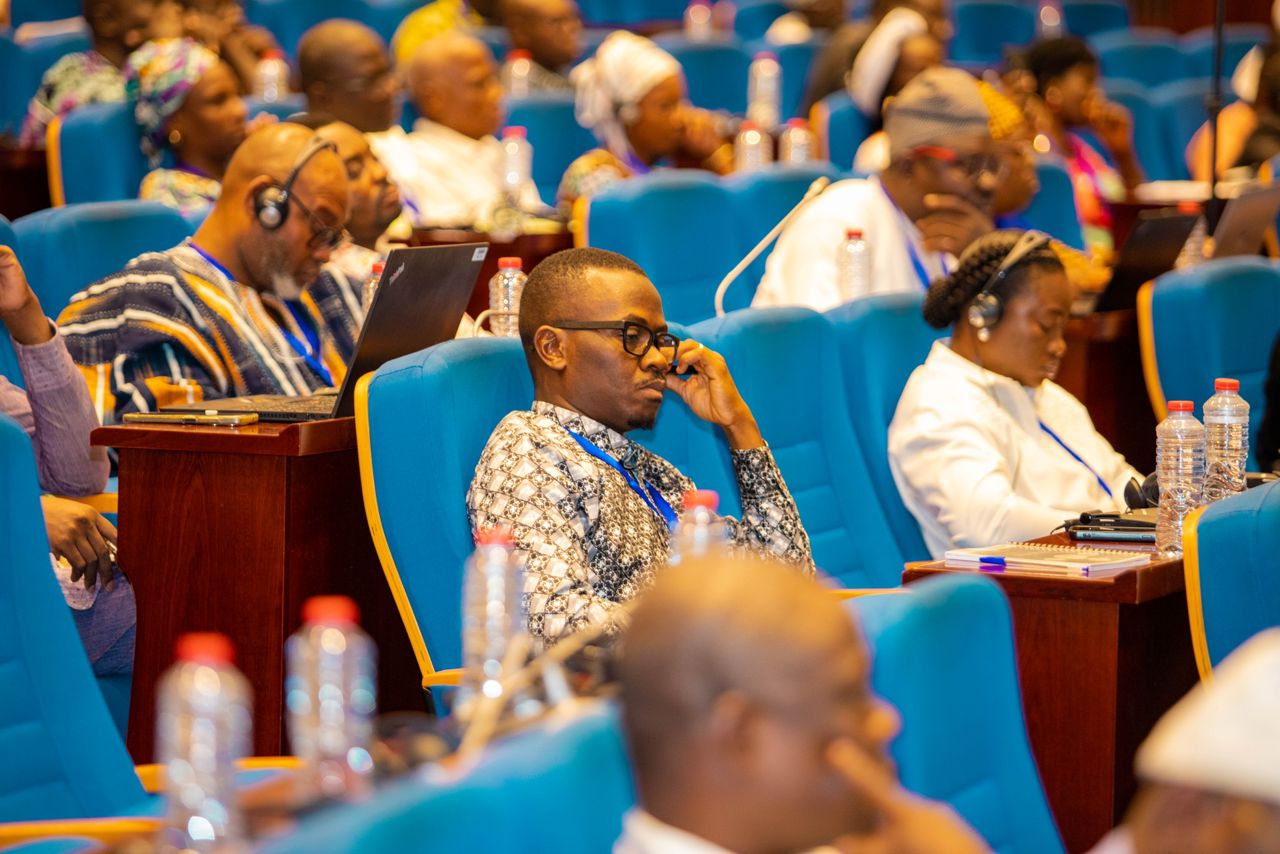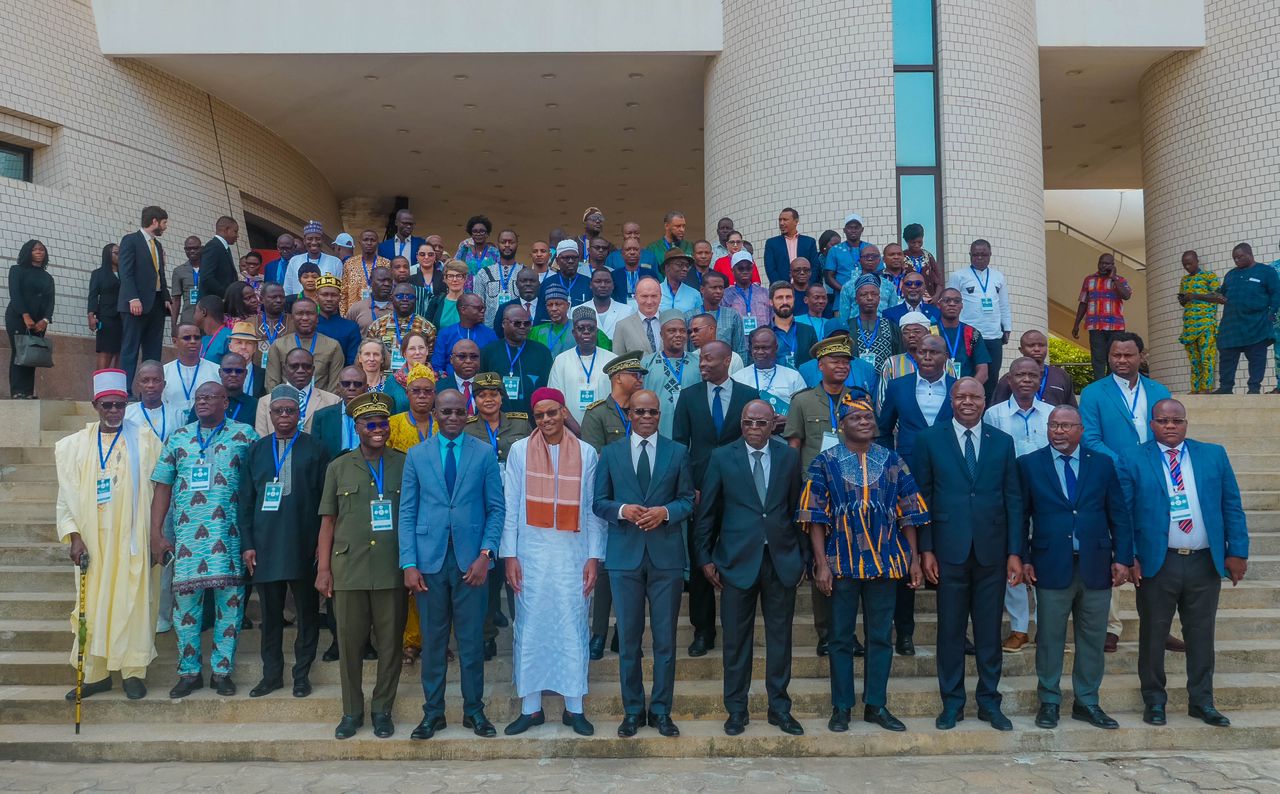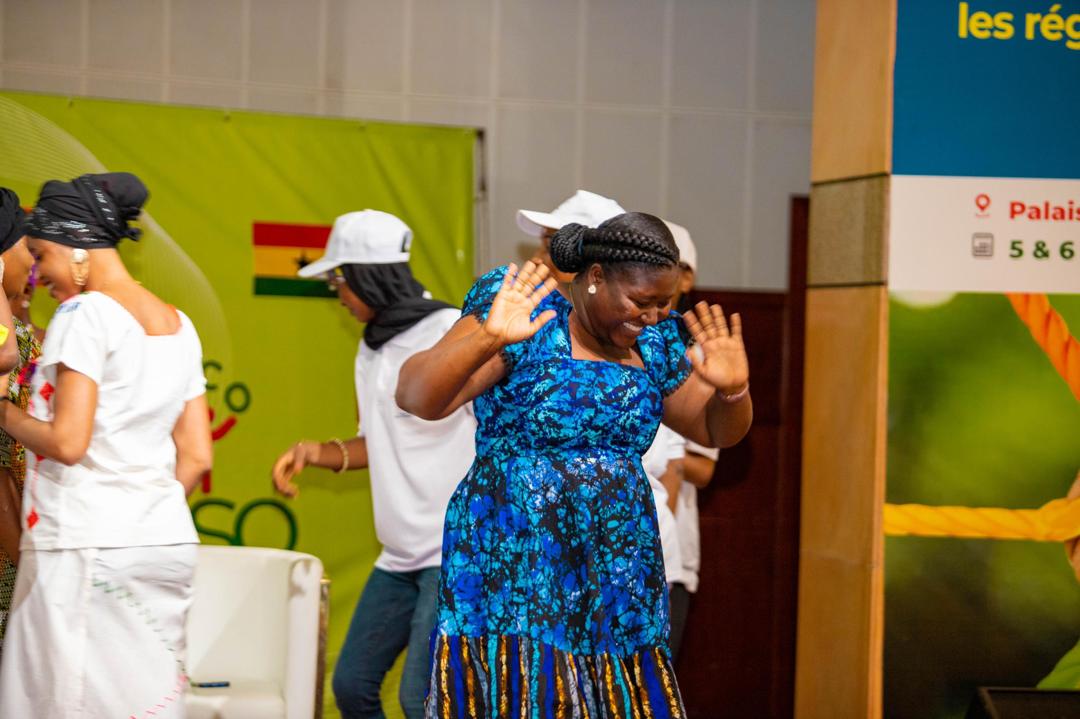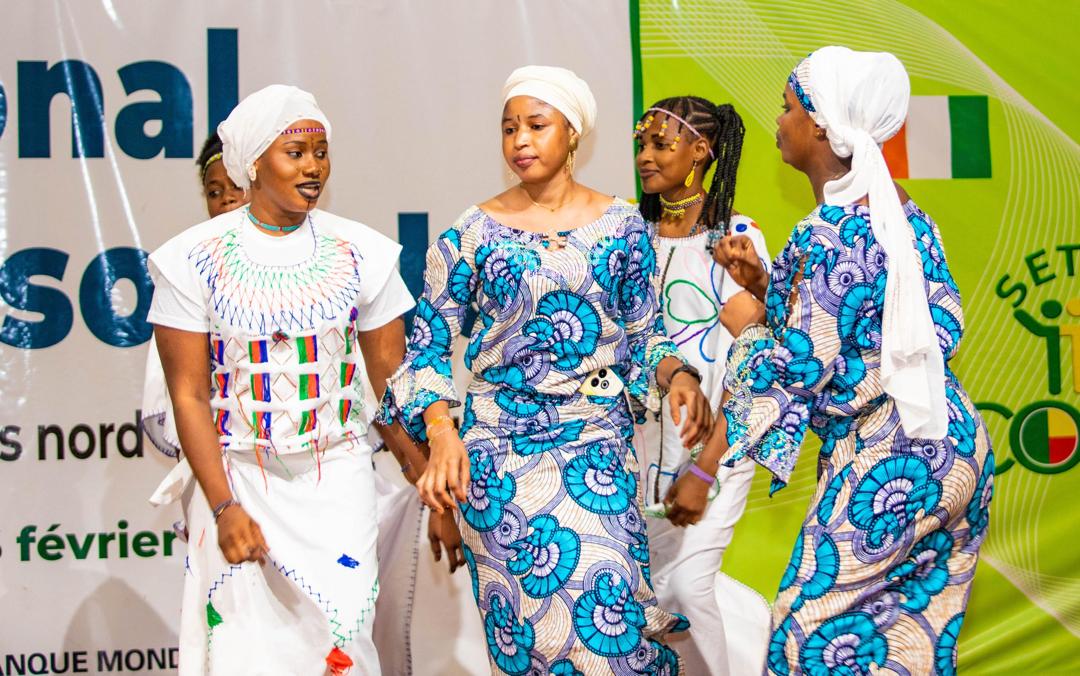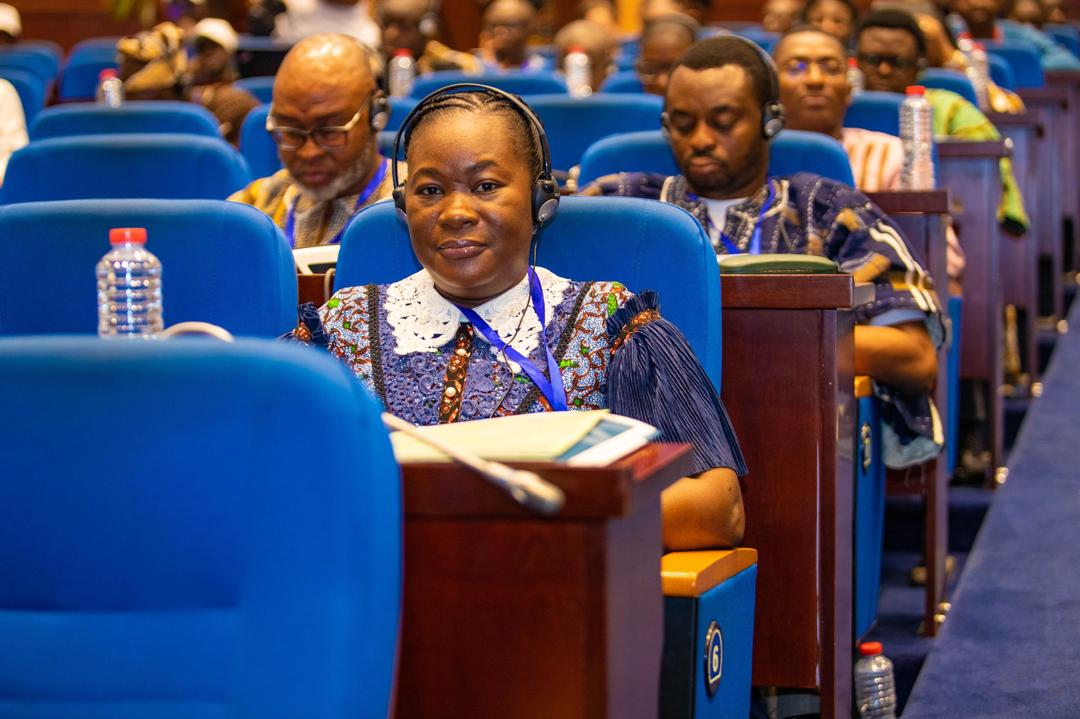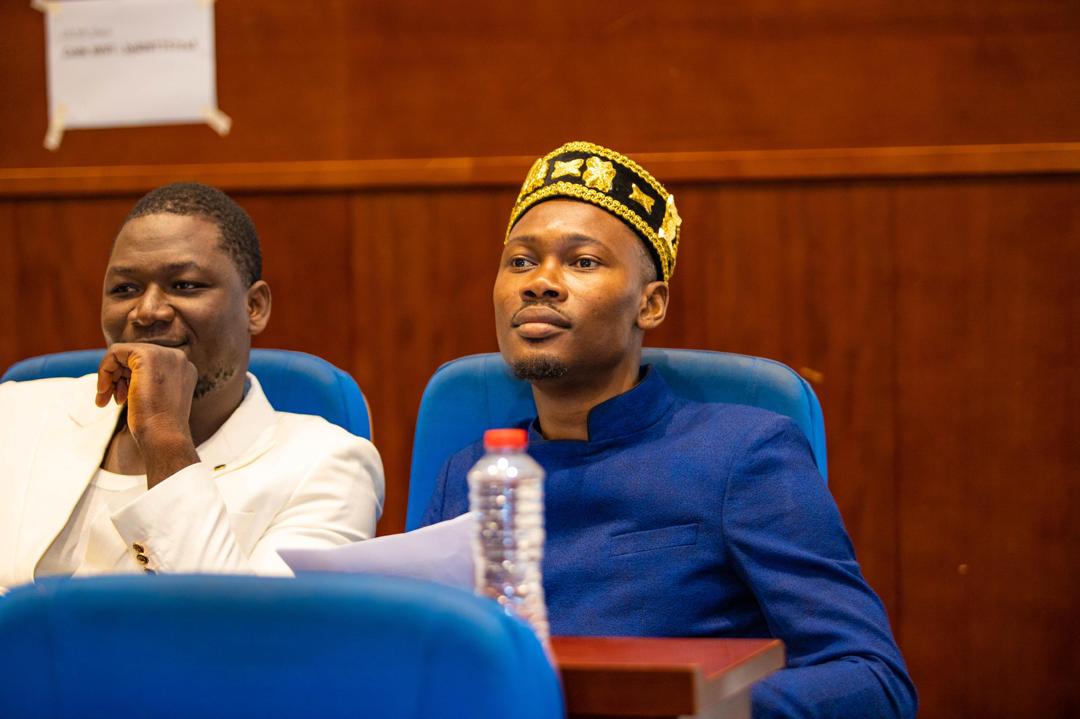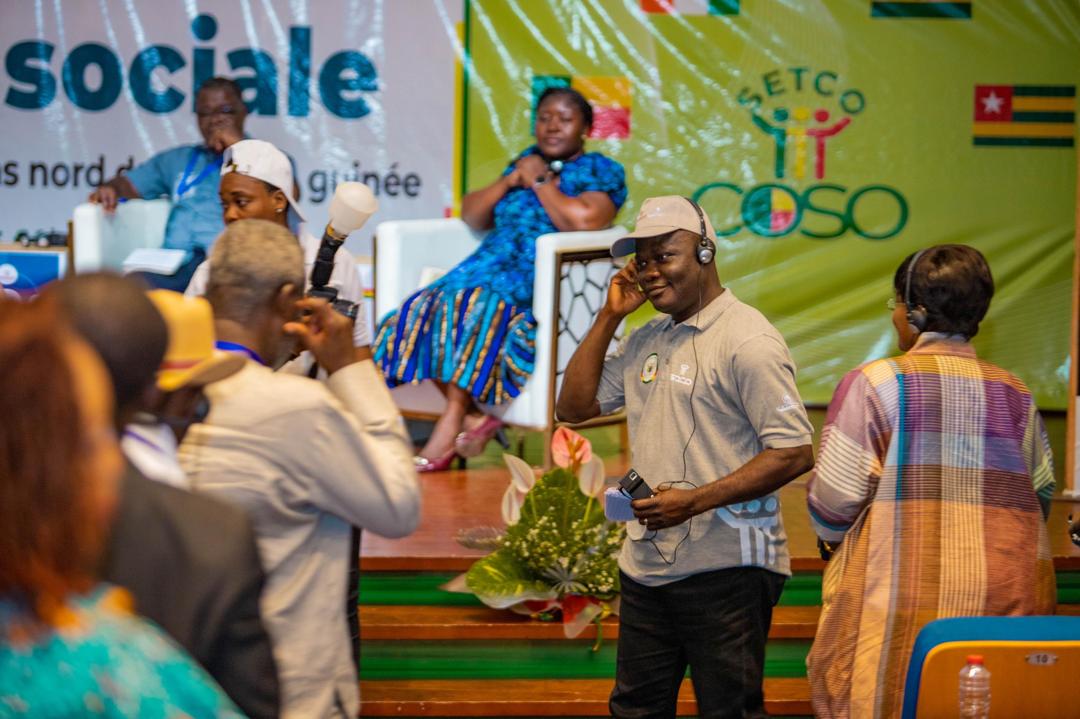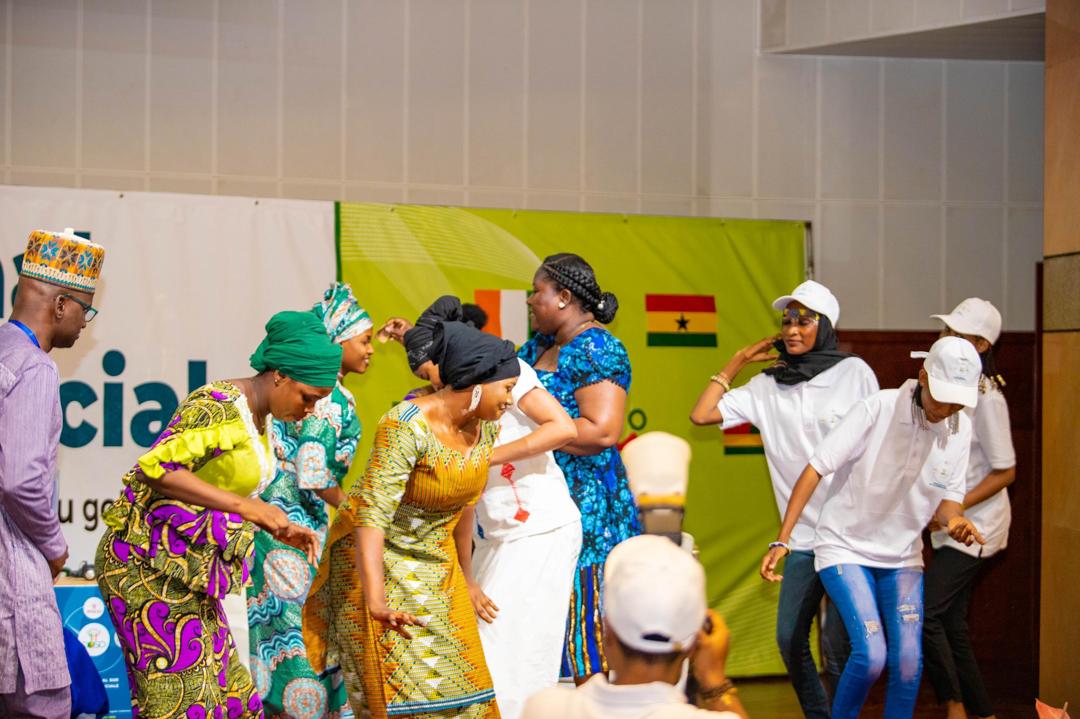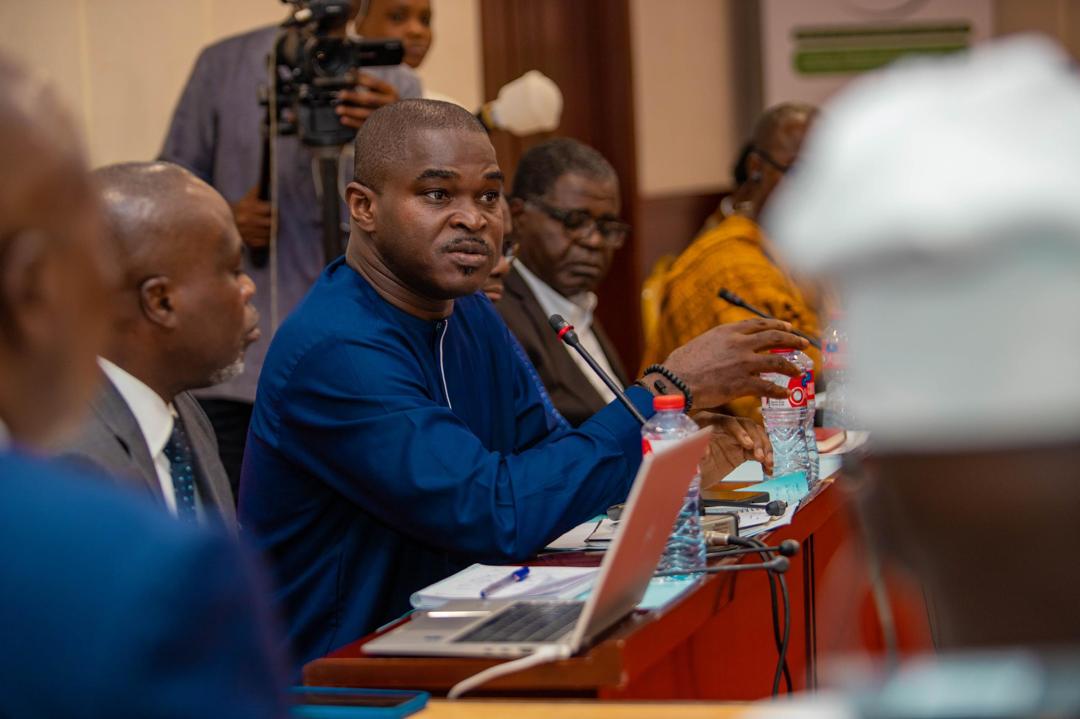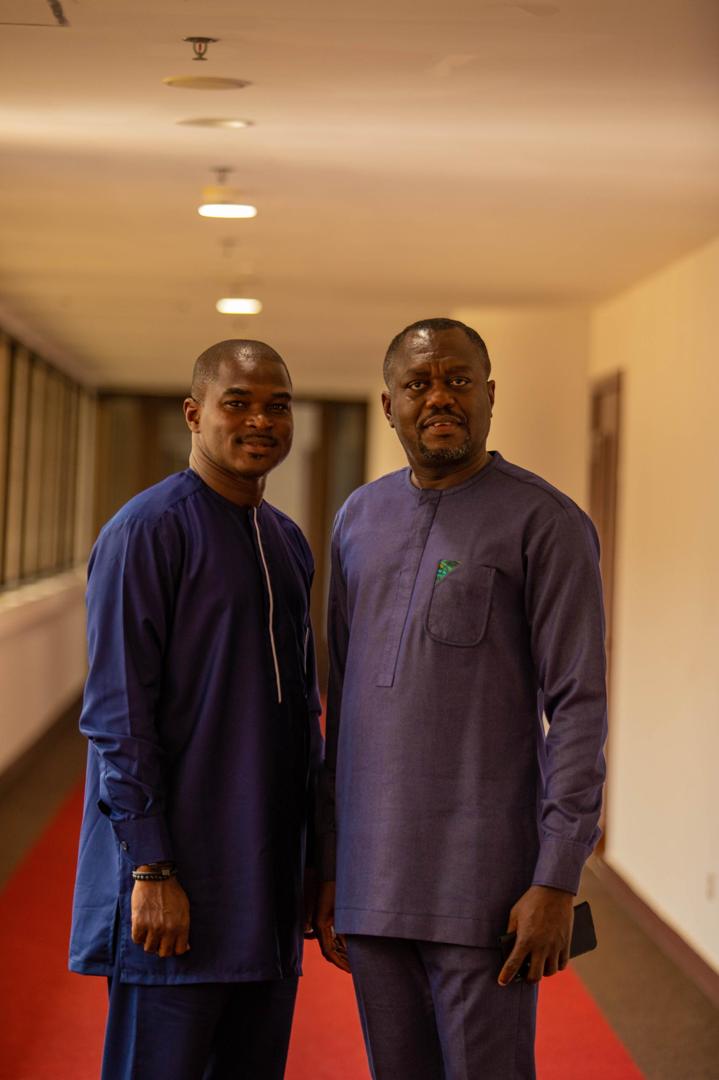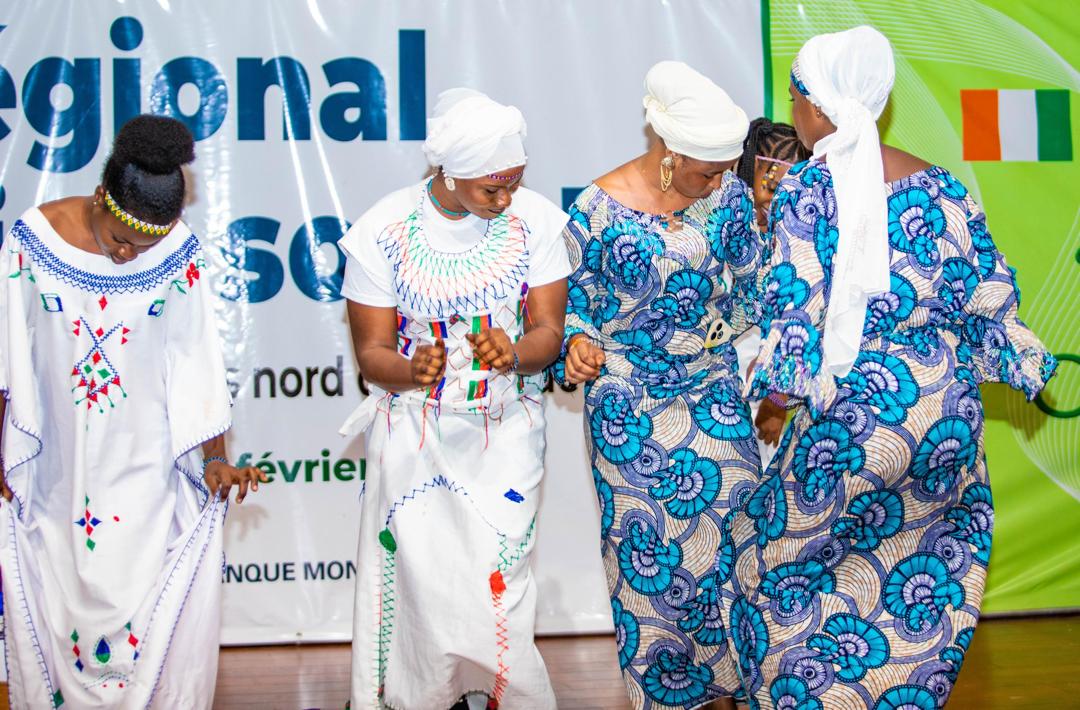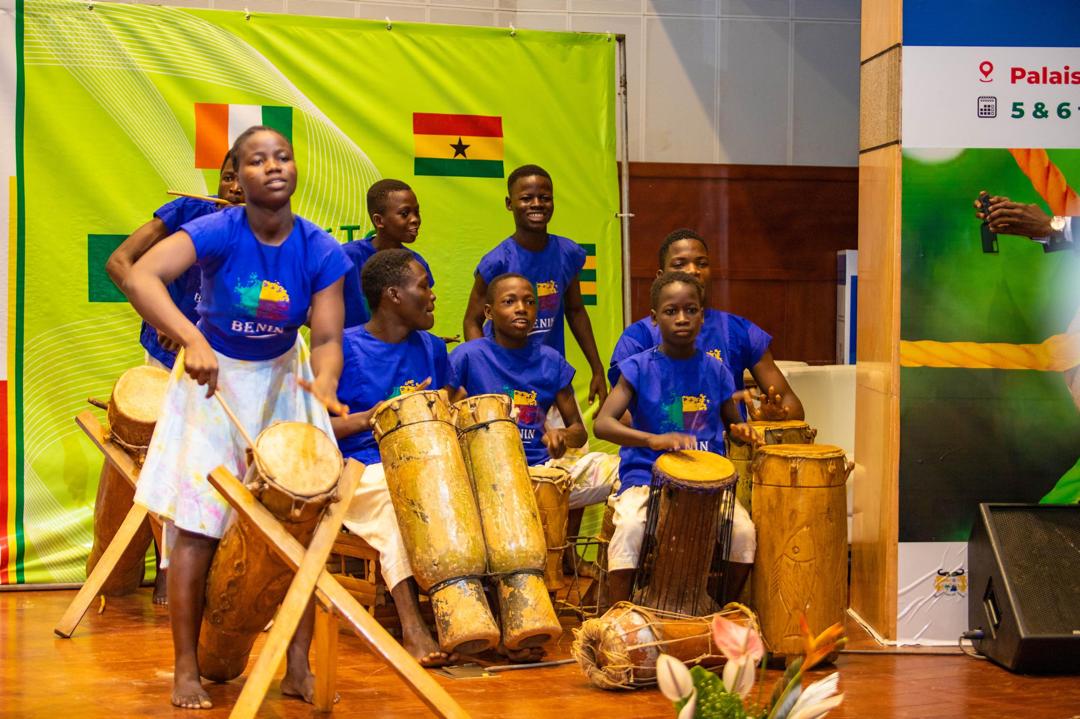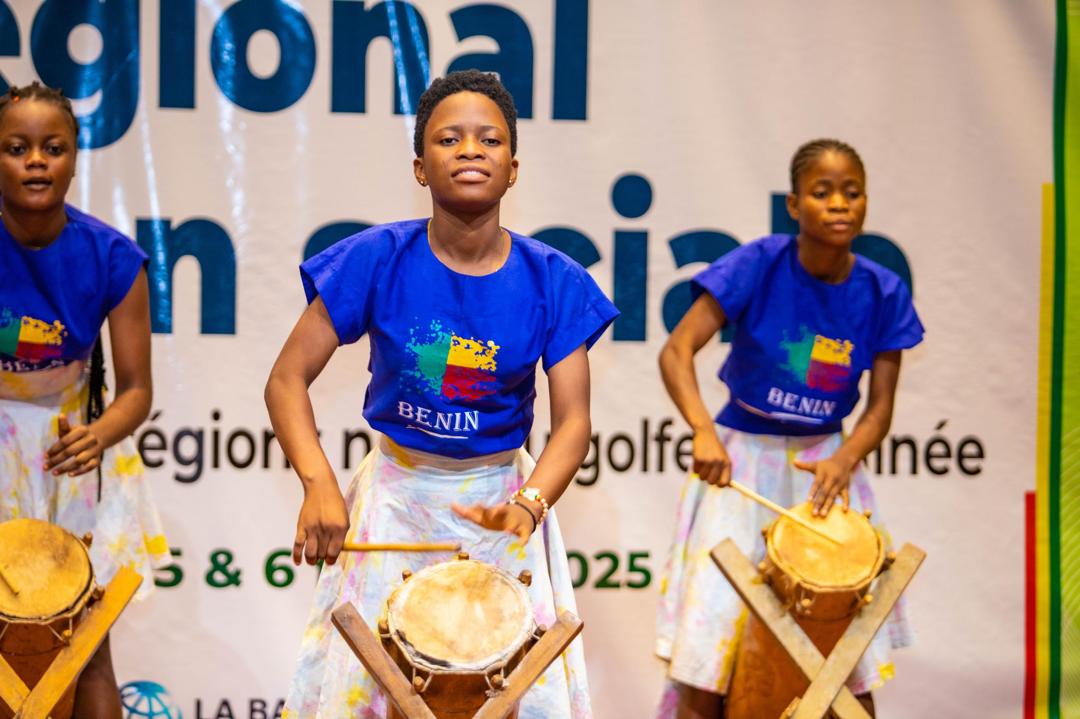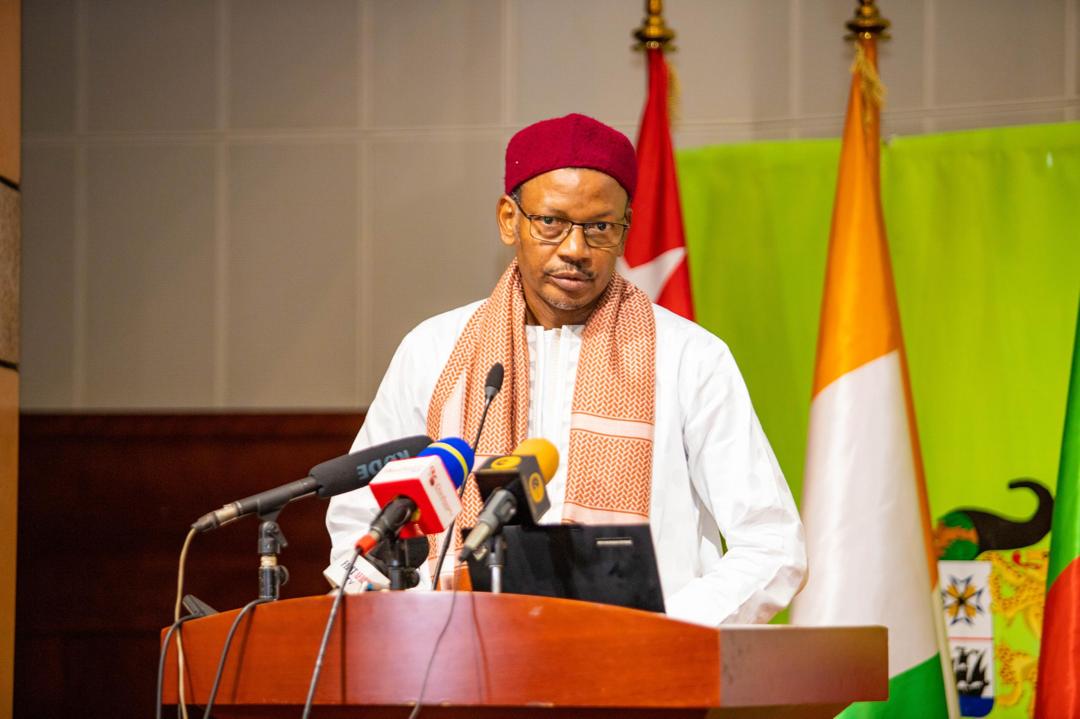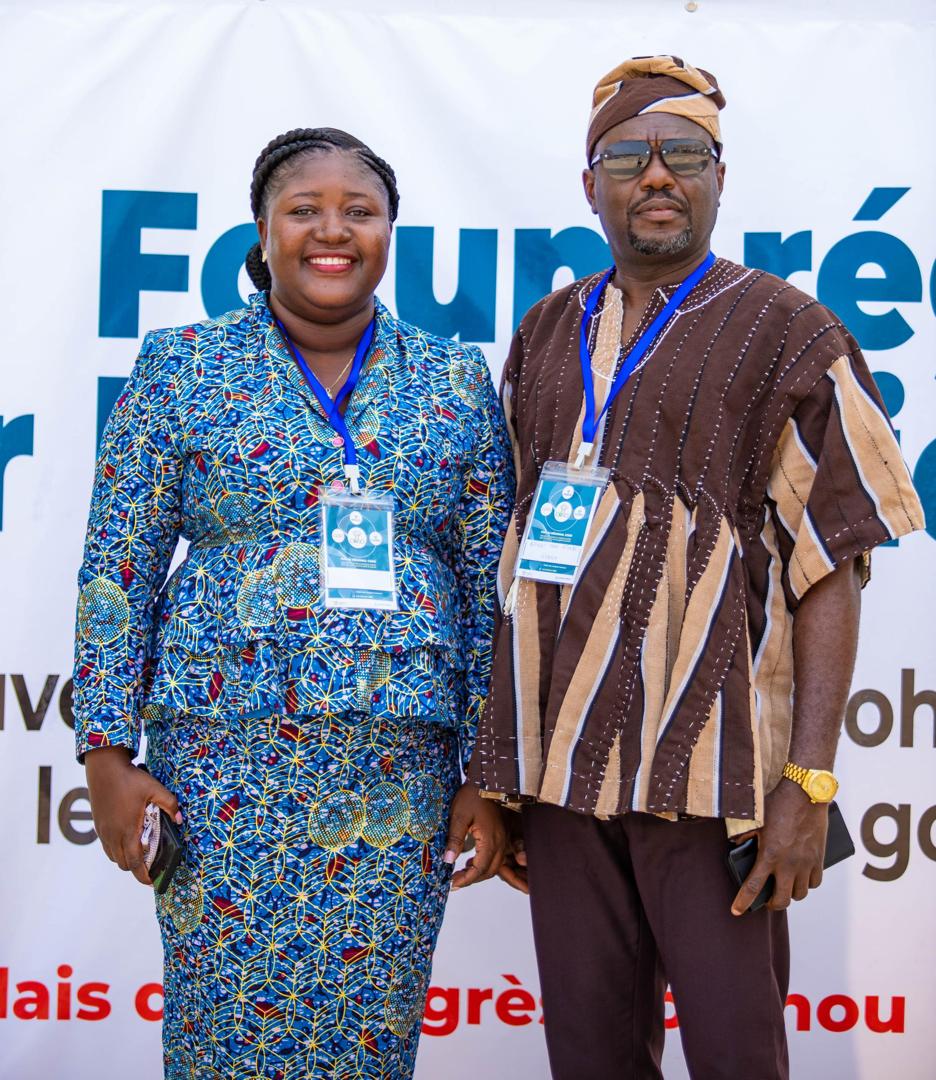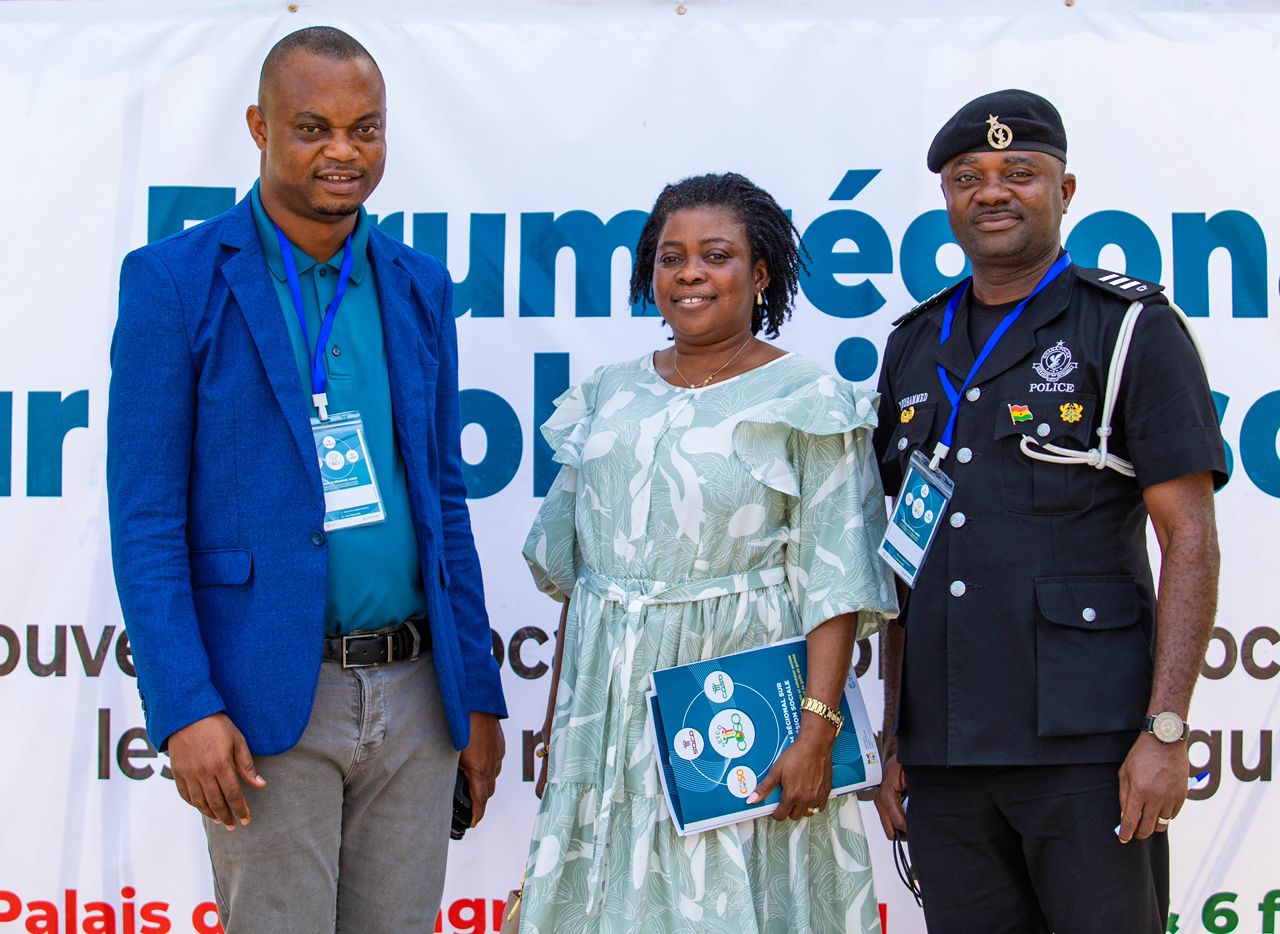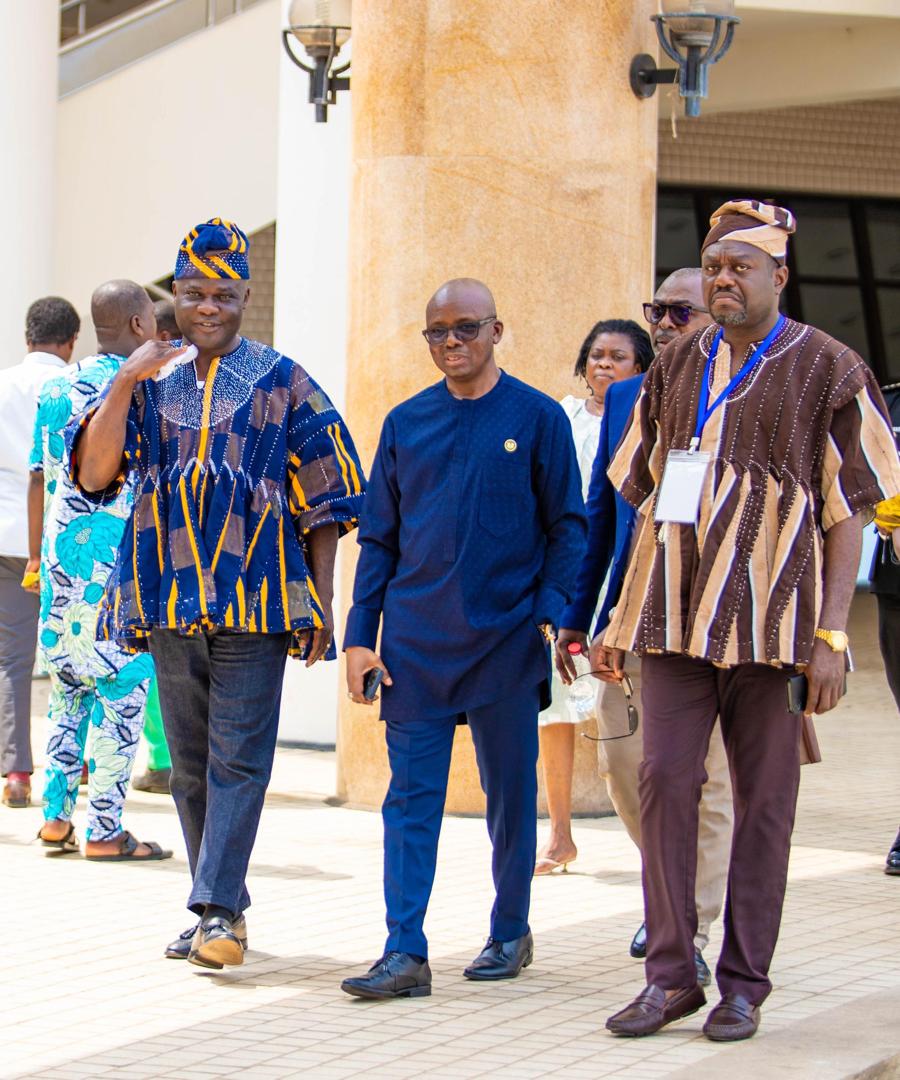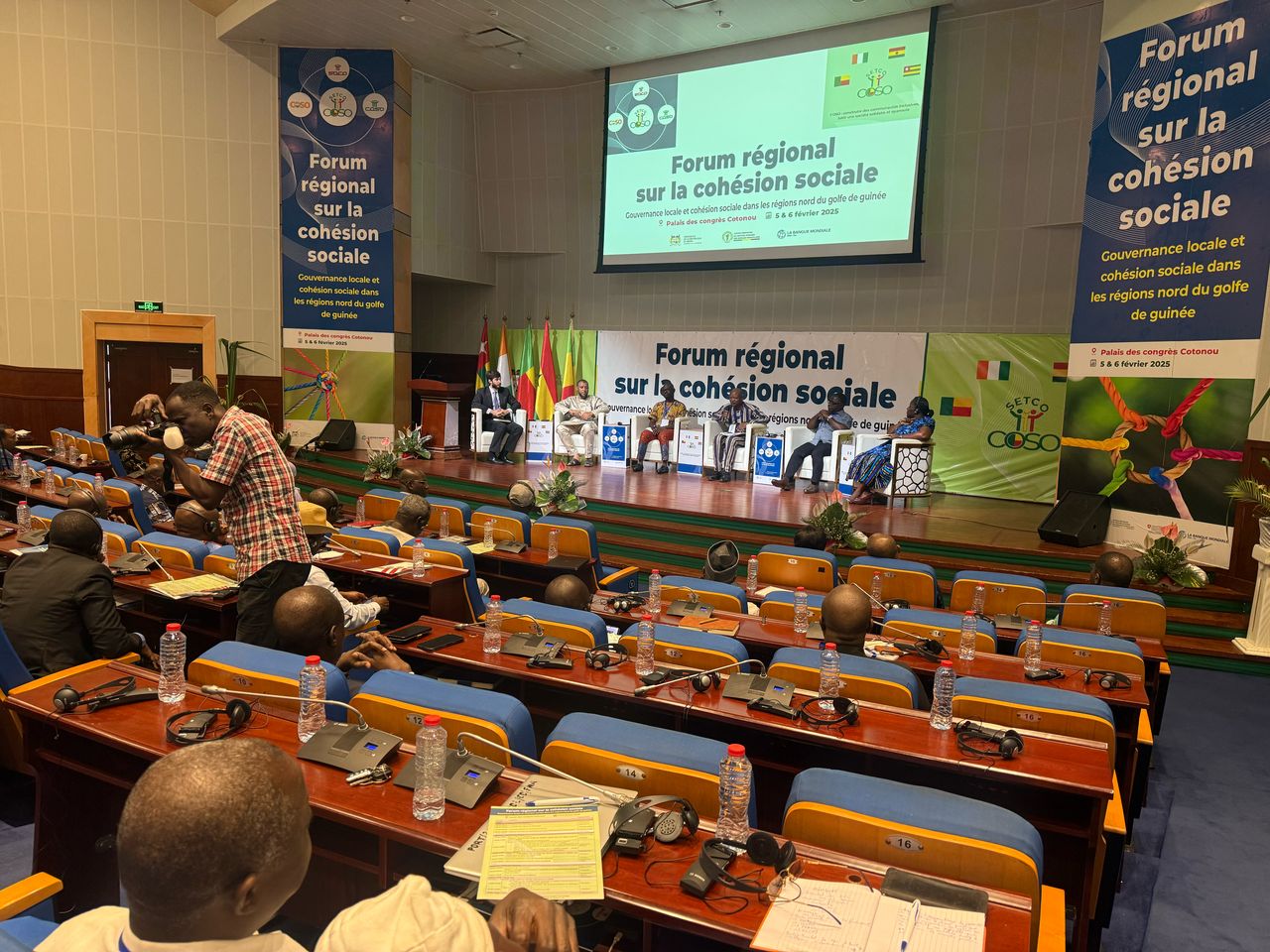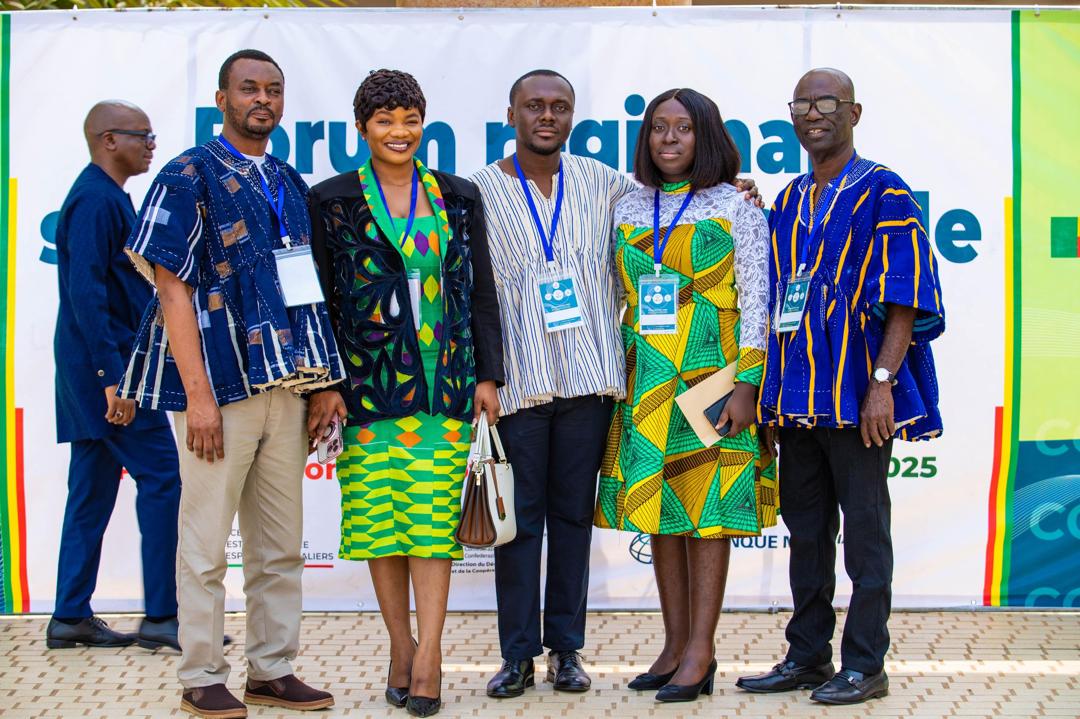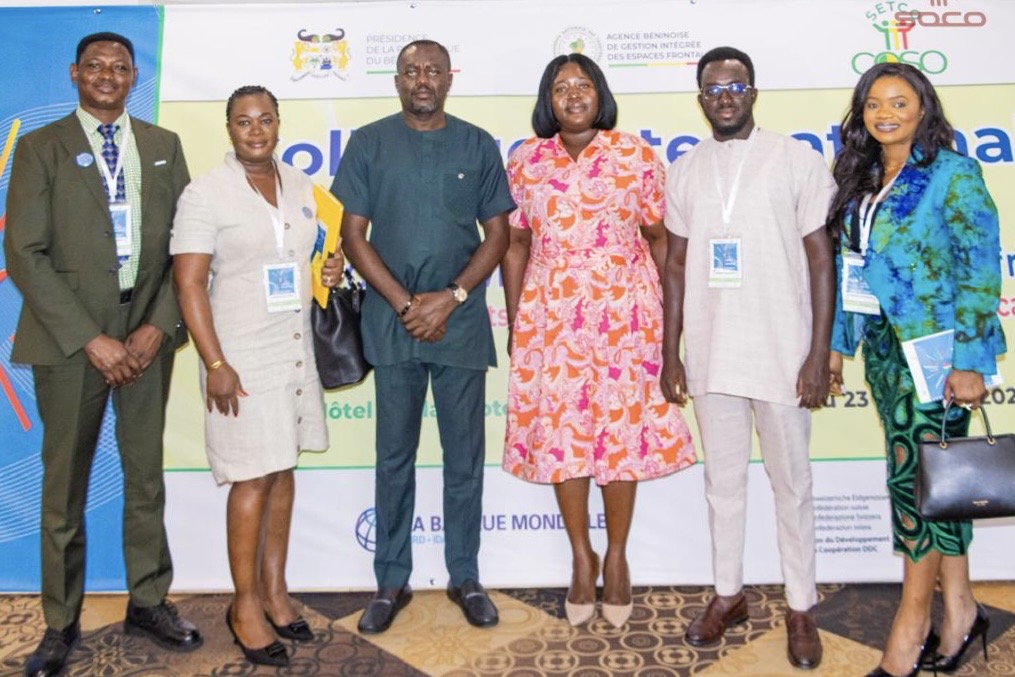The SOCO project Regional Forum on Social Cohesion, held from February 4 to 6, 2025, in Cotonou, Benin, brought together key stakeholders from Ghana, Benin, Togo, and Côte d’Ivoire to deliberate on strengthening regional collaboration and addressing common challenges such as climate vulnerabilities, violent extremism, transhumance conflicts, and local economic development. The forum served as a platform for assessing progress under the SOCO Project, fostering knowledge exchange, and identifying strategies to enhance governance and resilience in the subregion.
Leading Ghana’s delegation was Hon. Ahmed Ibrahim, Minister for Local Government, Chieftaincy, and Religious Affairs, who reaffirmed the government’s commitment to enhancing social cohesion and ensuring that Ghana remains a key player in the collective response to fragility, conflict, and violence (FCV) risks. He reiterated the government’s recognition of the socioeconomic vulnerabilities of communities in the northern regions, stressing that while infrastructure is essential in addressing access to basic services, achieving social cohesion requires a more holistic approach—one that prioritises youth engagement, community dialogue, and sustainable livelihood opportunities.
Discussions at the forum focused on each country’s role in regional coordination, particularly under Component 3 of the SOCO Project, which aims to strengthen regional collaboration through data collection, knowledge generation, and dialogue-building. Ghana’s delegation emphasized the importance of developing a common methodology for monitoring social cohesion and governance structures across the four countries, ensuring that interventions are responsive to evolving challenges. The delegation also shared insights from scoping studies that have been conducted to map vulnerabilities, including climate risks and local economic challenges, to guide future interventions.
A key highlight of the forum was Ghana’s presentation on “Strengthening Local Governance and Social Cohesion in Northern Ghana: Challenges, Opportunities, and the Way Forward.” Led by Poreku Peter Francis Xavier and Musah Ibrahim from the National Development Planning Commission (NDPC), the presentation outlined the role of women and youth in fostering social cohesion, the impact of local governance structures in building trust and resilience, and the best practices emerging from SOCO’s implementation in Ghana. The discussions also examined the intersection of governance and economic development, emphasizing the need for integrated solutions that combine infrastructure, economic empowerment, and social mobilization.
Ghana’s participation in the high-level panel discussions was another crucial moment in the forum. Mr. Amin Abdul-Rahaman, Chief Director of the Ministry of Local Government, Chieftaincy & Religious Affairs, and Elizabeth Ohenewah Agyei, SOCO Project Coordinator for Ghana, represented the country in discussions on the community-led approach to development, cross-border cooperation, and strategies for sustaining regional collaboration. They highlighted Ghana’s progress in implementing inclusive governance approaches, particularly through the engagement of women and youth in economic activities, peacebuilding, and governance processes.
One of the major takeaways from the forum was the need for continued collaboration in addressing vulnerabilities in northern Ghana and the wider Gulf of Guinea region. Key resolutions included enhancing regional cooperation through data-sharing, integrating lessons from local governance structures into national policies, and deepening engagement with local communities to ensure their voices are central to development efforts.
The SOCO Regional Forum in Benin reinforced the collective commitment of Ghana and its regional counterparts to strengthening social cohesion, mitigating fragility, and creating opportunities for sustainable development. As the project moves forward, Ghana will continue to prioritize inclusive governance, economic empowerment, and strengthened regional partnerships to build a more resilient and cohesive society.
